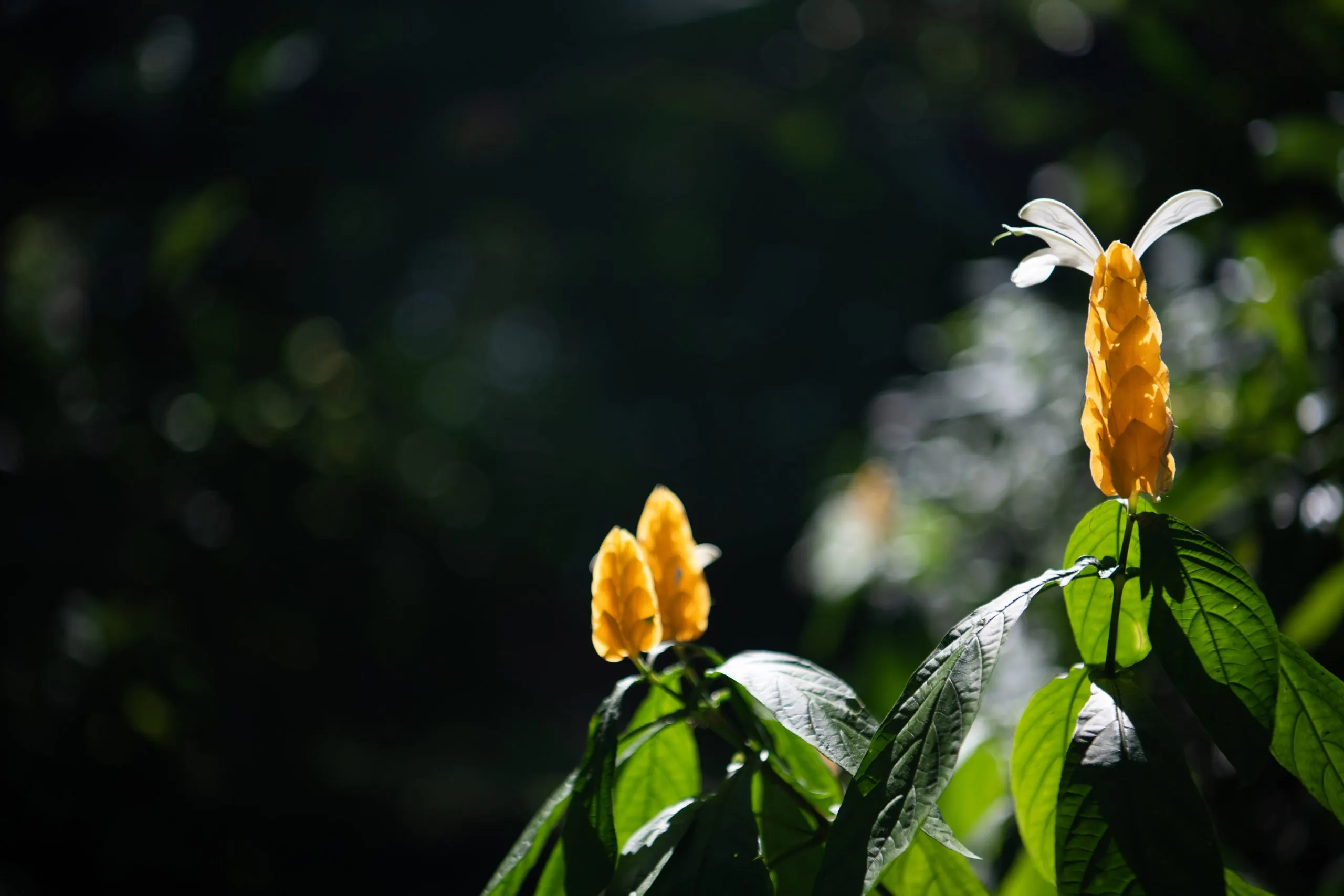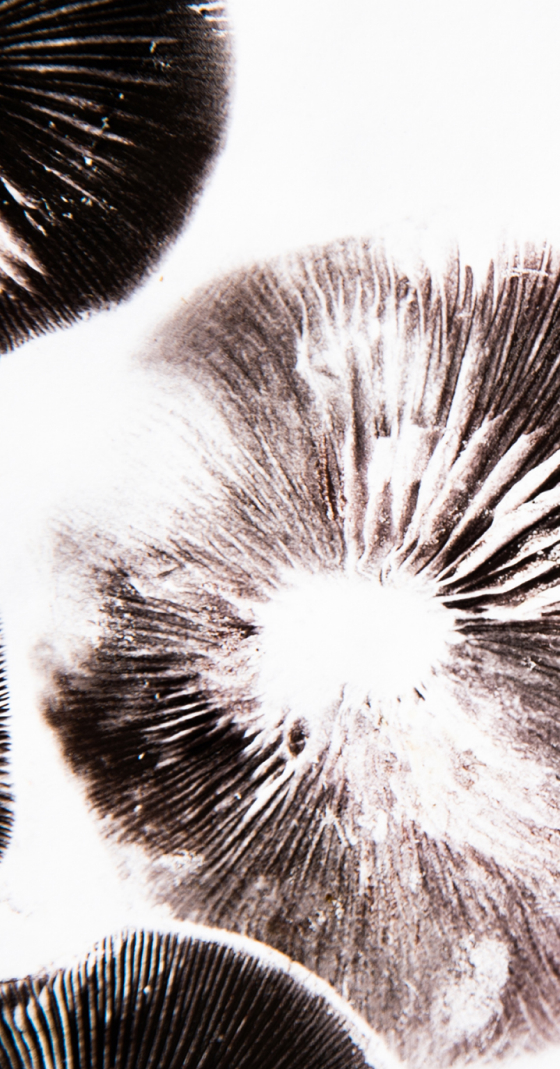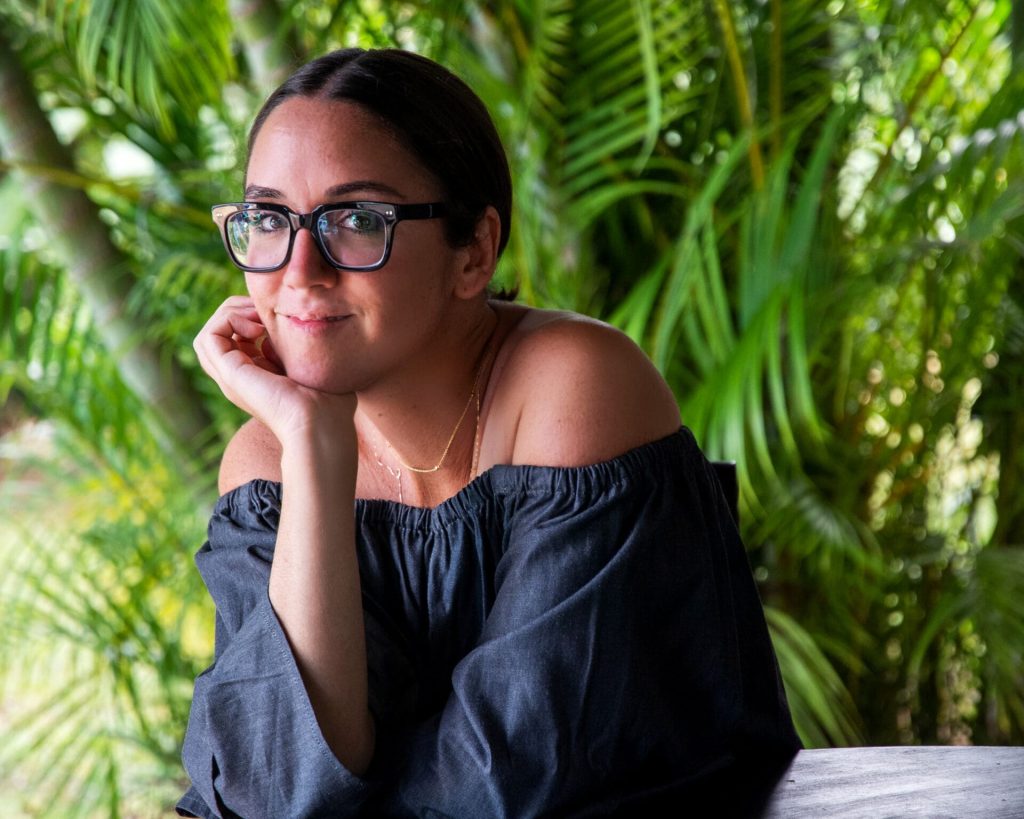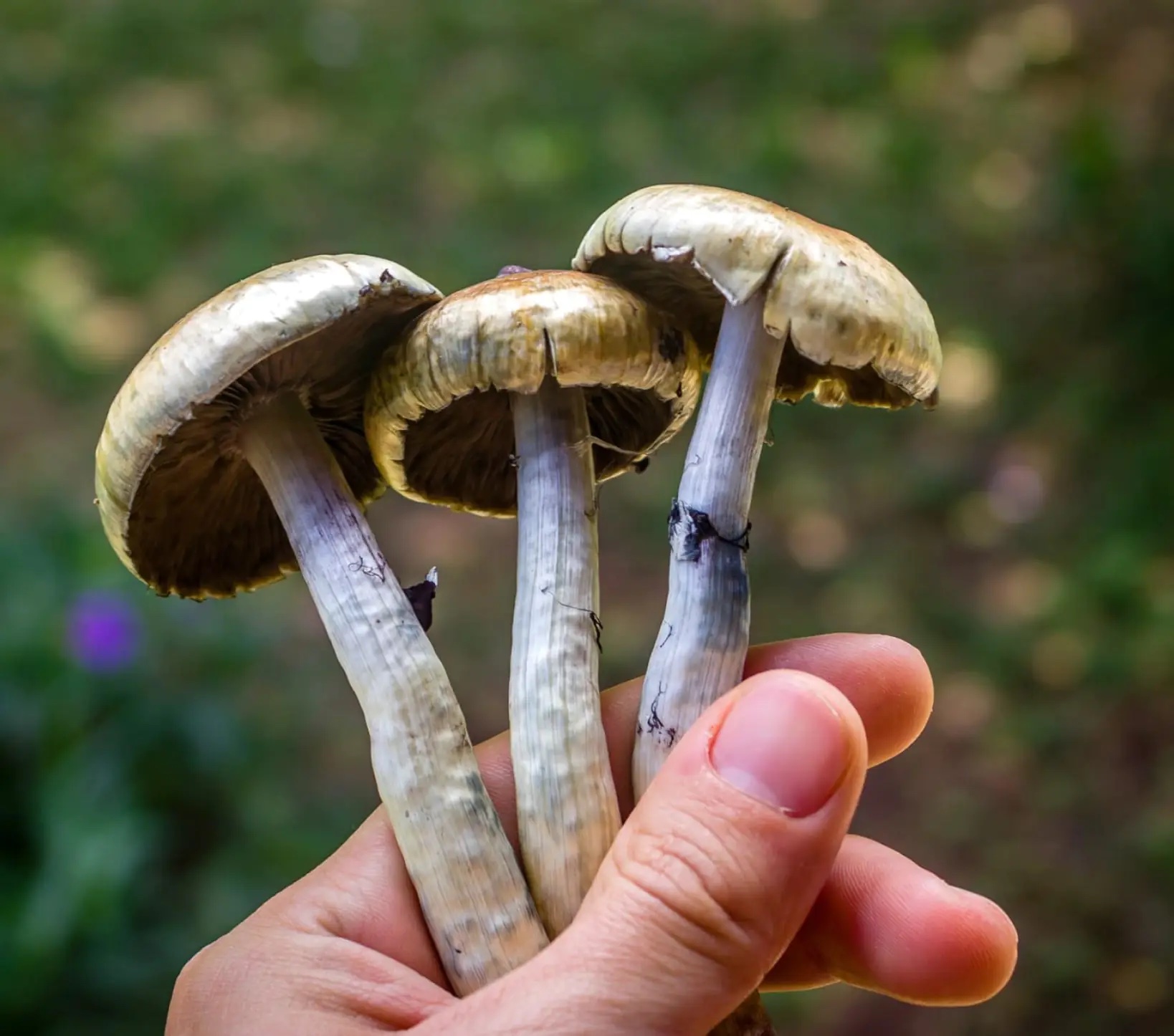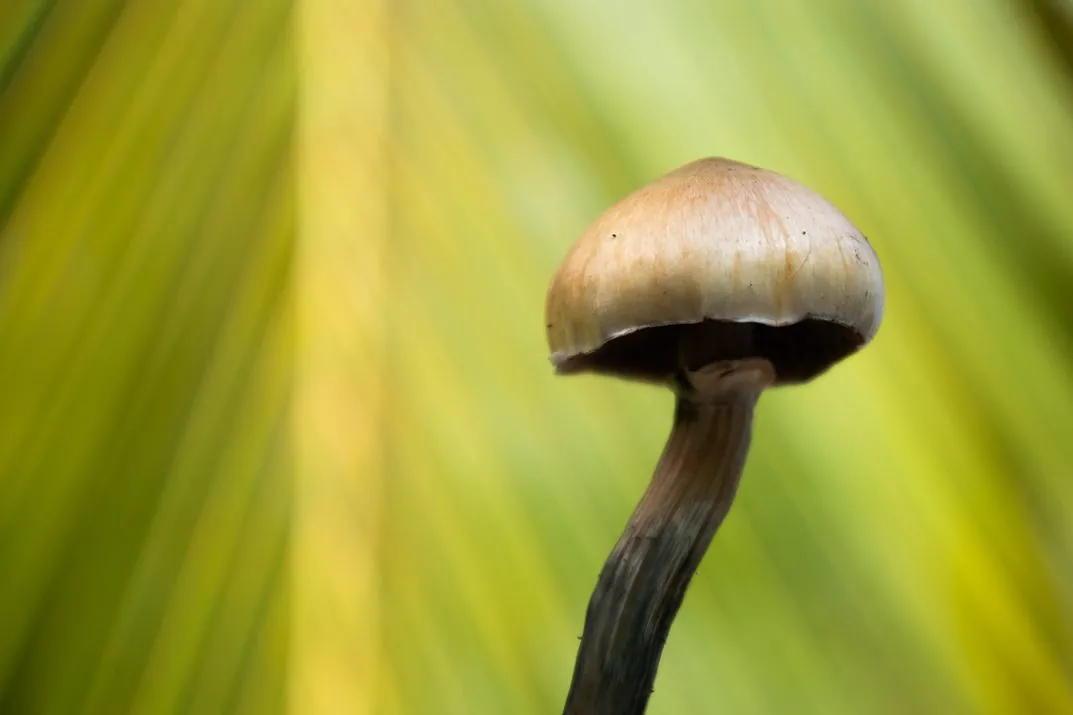
By MycoMeditations
What We Have Learned About Treating Depression with Psilocybin
- The MycoMeditations psilocybin-assisted retreat model shows comparable positive outcomes for the treatment of depression as found within clinical research.
- MycoMeditations survey data shows better outcomes than biopharmaceutical company Compass Pathways in their Phase 2 studies of their proprietary psilocybin analog one month after psilocybin session(s) in Major Depressive Disorder.
- Clinically significant improvements in depression maintained one year following retreat.
- Support for multiple, short-term psilocybin doses; potential for unique psilocybin-assisted treatment protocols.
- Data supports the need for tailored dosing on numerous physical and mental factors rather than standardized dosing based on bodyweight.
- Psilocybin in group therapeutic retreat settings may be a viable treatment for depression when supported with individual therapy.
MycoMeditations is proud to share these results in order to further demonstrate the validity and safety of psychedelic-assisted therapy in naturalistic contexts and retreat settings. The MycoMeditations retreat model demonstrably provides comparable levels of positive, lasting outcomes when compared to clinical settings for psychedelic-assisted therapy and clinical trials.
One month after retreat, MycoMeditations clients (n = 121) experienced 59.60% reduction in depression symptoms (15.84 at baseline to 6.40 one month post-retreat). In the research summary for Compass Pathways’ Phase 2 psilocybin analog study, participants (n = 79) experienced 37.62% reduction in symptoms three weeks after treatment, where least-squares mean changes from baseline to week three were −12.0 on the MADRS (31.9 to 19.9).
Retreat outcomes remained clinically significant one year after the retreat experience, indicating sustained effectiveness in the MycoMeditations psilocybin-assisted retreat model to treat depression. Few psilocybin clinical trials examine outcomes this far from treatment, which advocates for the long-term efficacy of psilocybin in general.
The survey outcomes highlight the benefit of three psilocybin sessions within one week when supported by trained psychedelic-assisted therapists during sessions and integration. The matching efficacy of multiple, short-term psilocybin sessions when compared to single treatments with prolonged periods between sessions as shown in clinical research indicates the safety, viability, and flexibility for varying courses of psilocybin-related treatments. This advocates for custom treatment options depending on unique patient needs.
MycoMeditations dosing protocols take into account numerous factors when determining the ideal psilocybin dose for a client. The optimal dose for each person varies significantly, and the MycoMeditations protocol realizes the need for a tailored approach to dosing in order to maximize benefits.
This data also emphasizes the utility of group psychedelic-assisted therapy, as MycoMeditations retreats are group experiences with up to 12 people assisted by therapists, with a typical facilitator-to-client ratio of at least 1:1.5, team to guests.
Population: Real-World Clients
MycoMeditations clients involved in this survey, while seeking therapeutic outcomes for depression, frequently suffer from comorbid conditions such as anxiety, PTSD, OCD, substance use disorder, other forms of addiction, and other mental illnesses.
This population is a more accurate representation of real-world sufferers in need of therapeutic intervention than is otherwise found in the participant cohorts of clinical trials, in which such comorbidities are often screened out.
Preparation, Dosing, and Integration Protocols
The optional surveys were completed by clients enrolling in the seven-day psilocybin-assisted retreat program at MycoMeditations, where they received preparation for their psilocybin sessions, three dosing sessions spaced on alternating days, and group integration on the days between each dosing session. After the retreats had concluded, clients were also encouraged to participate in two group integration sessions via Zoom.
Clients were administered dried Psilocybe cubensis, which is cultivated on-site and encapsulated into 0.5g capsules. MycoMeditations’ dosing regimen is standardized around the use of encapsulated psilocybin mushrooms with an escalating dosing protocol over the course of the three (3) sessions. The dose for Session 1 is virtually identical for all clients, however, the MycoMeditations protocol takes many physical and mental factors into account when determining the ideal dose for Session 2 and Session 3, as a tailored dosing method was found to be most beneficial.
The average dose in dried, encapsulated grams of psilocybin mushrooms from Session 1 has an average SD of 3.71 ± 1.06. Session 2 has an average SD of 7.00 ± 1.73 and Session 3 has an average SD of 8.97 ± 3.33. The total dose over the duration of the retreat has an average SD of 19.67 ± 5.28.
Results for the Treatment of Depression at MycoMeditations Psilocybin Retreats
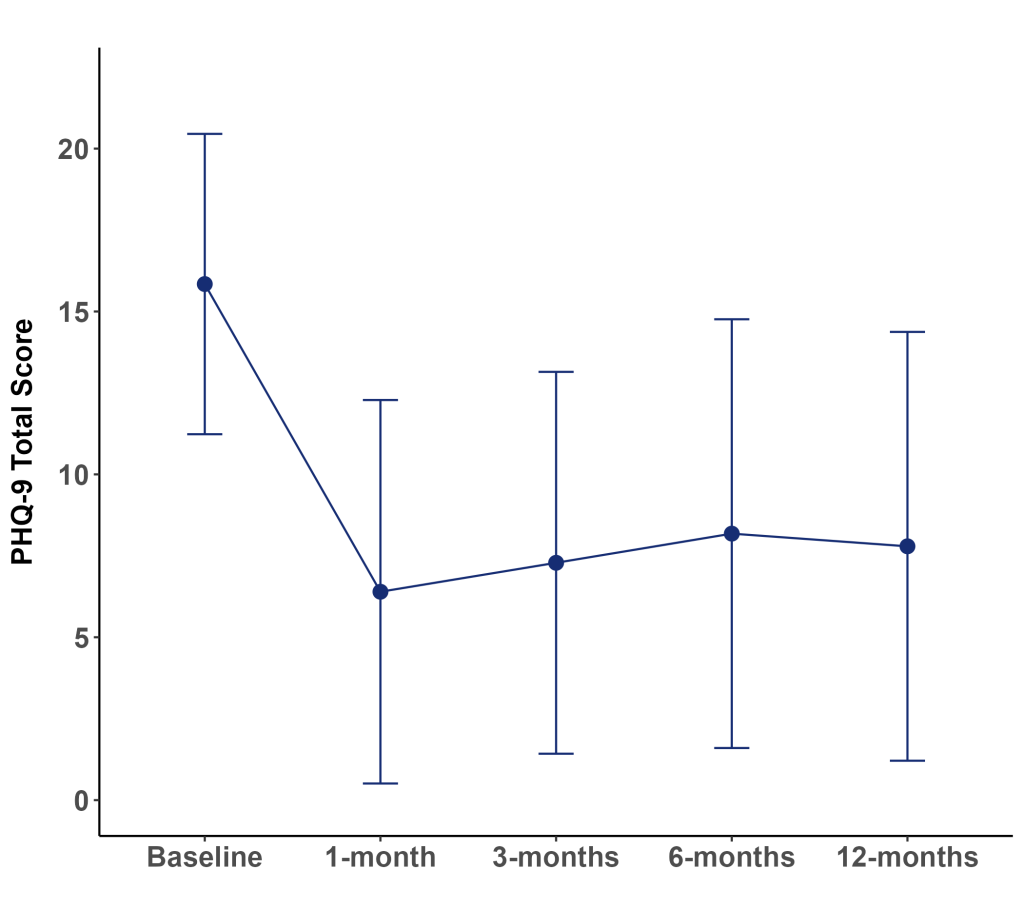
The depression dataset was examined using the PHQ-9 rating scale. A PHQ-9 minimum score of 10 (considered moderate levels of depression) was selected as inclusion criteria for a baseline response to be included in the dataset. The baseline results included 241 participants.
The baseline dataset, verified by a third-party source, determined that people suffering from moderate to extreme levels of depression (average PHQ-9 score of 15.84) experienced clinically significant reductions in symptoms at the below time points following the retreat, with average PHQ-9 scores along with percentage changes in symptoms relative to baseline and sample size (n) shown below:

The data presented here do not account for a number of post-retreat lifestyle factors, including therapeutic support and approach to self-care undertaken by clients once back at home. Some clients did not complete or have not reached all follow-up assessment time points. MycoMeditations is continually exploring ways to support the ongoing therapeutic treatment of its clients and always recommends full follow-up and integration procedures as well as continual, conventional mental health support and care in order to ensure the best long-term psychological outcomes.
Survey Set-Up Details
These longitudinal surveys assess the long-term outcomes of guests who attend psilocybin-assisted retreats offered by MycoMeditations in Jamaica.
MycoMeditations’ longitudinal surveys are not and do not attempt to constitute either an academic study or a registered clinical trial in their procedure, structure, or review process. However, insights drawn from this data convey a need for additional research into the mental health therapeutic benefits of psilocybin and points toward efficacy of treatment models outside of standard clinical and laboratory contexts. All data shared by MycoMeditations was analyzed and verified by a third-party academic partner.
This report shares the retreat outcomes in guests who joined us to overcome depression that contributed to our longitudinal surveys over the course of a year following their retreat.
MycoMeditations’ psilocybin-assisted retreat model led to clinically significant outcomes in the treatment of depression according to client surveys. These results also suggested long-term efficacy, with significant positive results remaining one year after the retreat experience.
All data represented here was collected between July 2021 and December 2024 with the consent of MycoMeditations clients.
Review our Guest Outcomes for Other Conditions

By MycoMeditations
What We Have Learned About Treating Generalized Anxiety with Psilocybin
- MycoMeditations survey reveals one of the first samples of long-term data revealing efficacy for psilocybin-assisted therapy in assisting with generalized anxiety.
- Clinically significant improvements in generalized anxiety maintained one year following retreat.
- Support for multiple, short-term psilocybin doses; potential for unique psilocybin-assisted treatment protocols.
- Data supports the need for tailored dosing on numerous physical and mental factors rather than standardized dosing based on bodyweight.
- Psilocybin in group therapeutic retreat settings may be a viable treatment for generalized anxiety when supported with individual therapy.
Clinical trials examining the effects of psilocybin on generalized anxiety are limited in number. MycoMeditations surveys reveal first-of-its-kind outcomes in the fight against anxiety disorders with psilocybin.
Retreat outcomes remained clinically significant one year after the retreat experience, indicating effectiveness in the MycoMeditations psilocybin-assisted retreat model in treating generalized anxiety. Few psilocybin clinical trials examine outcomes this far from treatment, which advocates for the long-term efficacy of psilocybin in general.
The survey outcomes highlight the benefit of three psilocybin sessions within one week when supported by trained psychedelic-assisted therapists during sessions and integration. The matching efficacy of multiple, short-term psilocybin sessions when compared to single treatments with prolonged periods between sessions as shown in clinical research indicates the safety, viability, and flexibility for varying courses of psilocybin-related treatments. This advocates for custom treatment options depending on unique patient needs.
MycoMeditations dosing protocols take into account numerous factors when determining the ideal psilocybin dose for a client. The optimal dose for each person varies significantly, and the MycoMeditations protocol realizes the need for a tailored approach to dosing in order to maximize benefits.
This data also emphasizes the utility of group psychedelic-assisted therapy, as MycoMeditations retreats are group experiences with up to 12 people assisted by therapists, with a typical facilitator-to-client ratio of at least 1:1.5, team to guests.
Population: Real-World Clients
MycoMeditations clients involved in this survey, while seeking therapeutic outcomes for generalized anxiety, frequently suffer from comorbid conditions such as other forms of anxiety, depression, PTSD, OCD, substance use disorder, other forms of addiction, and other mental illnesses.
This population is a more accurate representation of real-world sufferers in need of therapeutic intervention than is otherwise found in the participant cohorts of clinical trials, in which such comorbidities are often screened out.
Preparation, Dosing, and Integration Protocols
The optional surveys were completed by clients enrolling in the seven-day psilocybin-assisted retreat program at MycoMeditations, where they received preparation for their psilocybin sessions, three dosing sessions spaced on alternating days, and group integration on the days between each dosing session. After the retreats had concluded, clients were also encouraged to participate in two group integration sessions via Zoom.
Clients were administered dried Psilocybe cubensis, which is cultivated on-site and encapsulated into 0.5g capsules. MycoMeditations’ dosing regimen is standardized around the use of encapsulated psilocybin mushrooms with an escalating dosing protocol over the course of the three (3) sessions. The dose for Session 1 is virtually identical for all clients, however, the MycoMeditations protocol takes many physical and mental factors into account when determining the ideal dose for Session 2 and Session 3, as a tailored dosing method was found to be most beneficial.
The average dose in dried, encapsulated grams of psilocybin mushrooms from Session 1 has an average SD of 3.52 ± 0.92. Session 2 has an average SD of 6.54 ± 1.45 and Session 3 has an average SD of 8.43 ± 3.02. The total dose over the duration of the retreat has an average SD of 18.49 ± 4.38.
Results for the Treatment of Generalized Anxiety at MycoMeditations Psilocybin Retreats
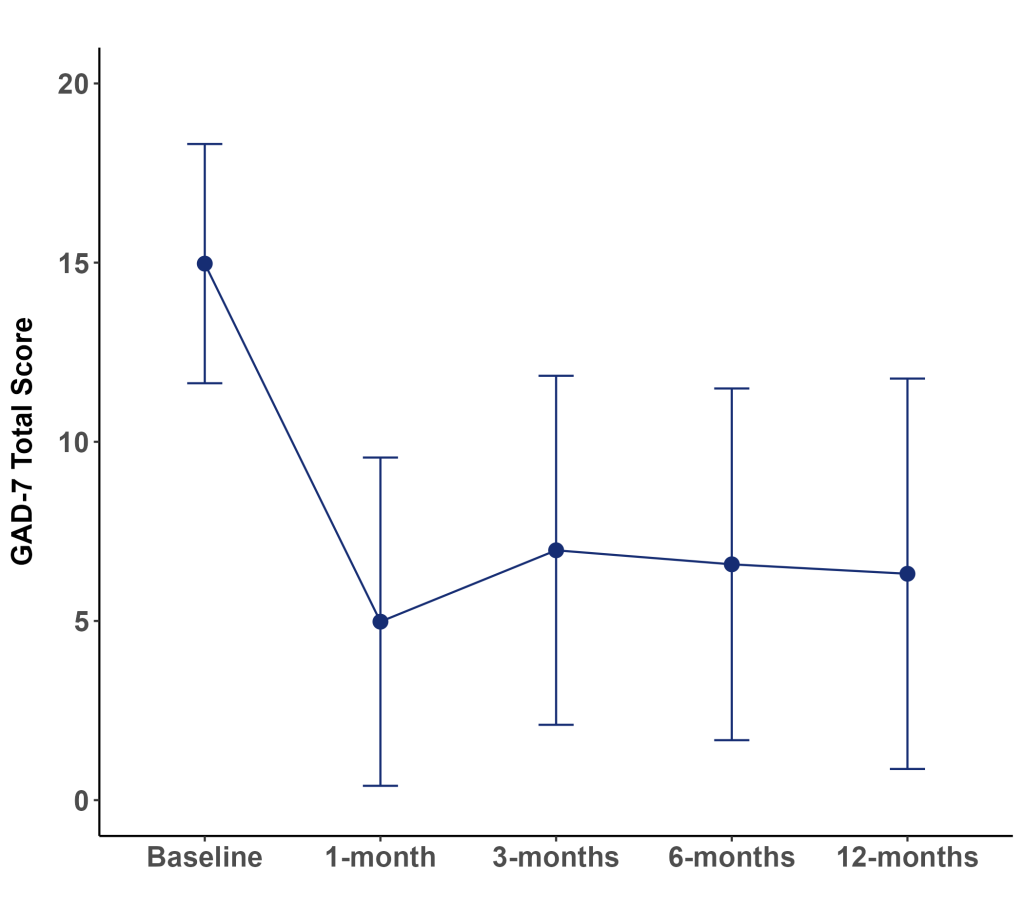
The generalized anxiety dataset was examined using the GAD-7 rating scale. A GAD-7 minimum score of 10 (considered moderate levels of generalized anxiety) was selected as inclusion criteria for a baseline response to be included in the dataset. The baseline results included 216 participants.
The baseline dataset, verified by a third-party source, determined that people suffering from moderate to extreme levels of generalized anxiety (average GAD-7 score of 14.97) experienced clinically significant reductions in symptoms at the below time points following the retreat, with average GAD-7 scores along with percentage changes in symptoms relative to baseline and sample size (n) shown below:

The data presented here do not account for a number of post-retreat lifestyle factors, including therapeutic support and approach to self-care undertaken by clients once back at home. Some clients did not complete or have not reached all follow-up assessment time points. MycoMeditations is continually exploring ways to support the ongoing therapeutic treatment of its clients and always recommends full follow-up and integration procedures as well as continual, conventional mental health support and care in order to ensure the best long-term psychological outcomes.
Survey Set-Up Details
These longitudinal surveys assess the long-term outcomes of guests who attend psilocybin-assisted retreats offered by MycoMeditations in Jamaica.
MycoMeditations’ longitudinal surveys are not and do not attempt to constitute either an academic study or a registered clinical trial in their procedure, structure, or review process. However, insights drawn from this data convey a need for additional research into the mental health therapeutic benefits of psilocybin and points toward efficacy of treatment models outside of standard clinical and laboratory contexts. All data shared by MycoMeditations was analyzed and verified by a third-party academic partner.
This report shares the retreat outcomes in guests who joined us to overcome generalized anxiety that contributed to our longitudinal surveys over the course of a year following their retreat.
MycoMeditations’ psilocybin-assisted retreat model led to clinically significant outcomes in the treatment of generalized anxiety according to client surveys. These results also suggested long-term efficacy, with significant positive results remaining one year after the retreat experience.
All data represented here was collected between July 2021 and December 2024 with the consent of MycoMeditations clients.
Review our Guest Outcomes for Other Conditions
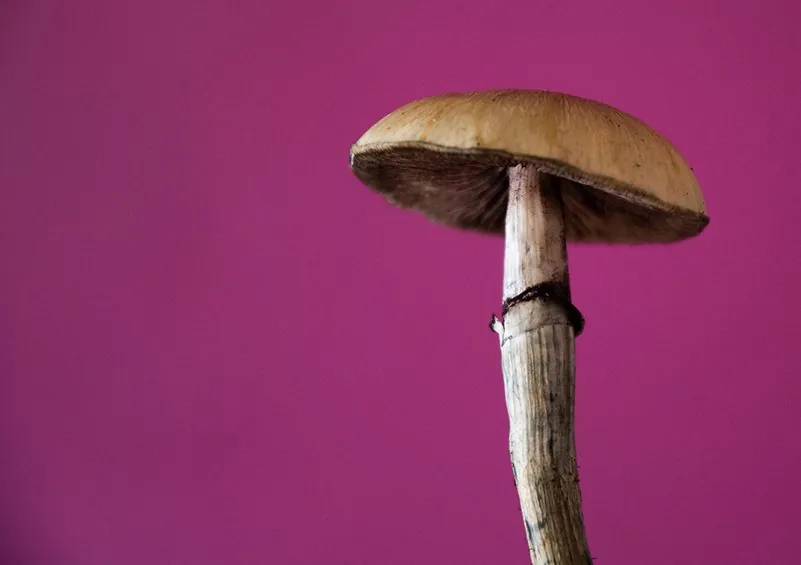
Psilocybin Retreat Outcomes for Generalized Anxiety
By MycoMeditations
What We Have Learned About Treating Social Anxiety with Psilocybin
- MycoMeditations survey reveals one of the first samples of long-term data revealing efficacy for psilocybin-assisted therapy in assisting with social anxiety.
- Clinically significant improvements in social anxiety maintained one year following retreat.
- Support for multiple, short-term psilocybin doses; potential for unique psilocybin-assisted treatment protocols.
- Data supports the need for tailored dosing on numerous physical and mental factors rather than standardized dosing based on bodyweight.
- Psilocybin in group therapeutic retreat settings may be a viable treatment for social anxiety when supported with individual therapy.
Clinical trials examining the effects of psilocybin on social anxiety are limited in number. MycoMeditations surveys reveal first-of-its-kind outcomes in the fight against anxiety disorders with psilocybin.
Retreat outcomes remained clinically significant one year after the retreat experience, indicating effectiveness in the MycoMeditations psilocybin-assisted retreat model for treating social anxiety. Few psilocybin clinical trials examine outcomes this far from treatment, which advocates for the long-term efficacy of psilocybin in general.
The survey outcomes highlight the benefit of three psilocybin sessions within one week when supported by trained psychedelic-assisted therapists during sessions and integration. The matching efficacy of multiple, short-term psilocybin sessions when compared to single treatments with prolonged periods between sessions as shown in clinical research indicates the safety, viability, and flexibility for varying courses of psilocybin-related treatments. This advocates for custom treatment options depending on unique patient needs.
MycoMeditations dosing protocols take into account numerous factors when determining the ideal psilocybin dose for a client. The optimal dose for each person varies significantly, and the MycoMeditations protocol realizes the need for a tailored approach to dosing in order to maximize benefits.
This data also emphasizes the utility of group psychedelic-assisted therapy, as MycoMeditations retreats are group experiences with up to 12 people assisted by therapists, with a typical facilitator-to-client ratio of at least 1:1.5, team to guests.
Population: Real-World Clients
MycoMeditations clients involved in this survey, while seeking therapeutic outcomes for generalized anxiety, frequently suffer from comorbid conditions such as other forms of anxiety, depression, PTSD, OCD, substance use disorder, other forms of addiction, and other mental illnesses.
This population is a more accurate representation of real-world sufferers in need of therapeutic intervention than is otherwise found in the participant cohorts of clinical trials, in which such comorbidities are often screened out.
Preparation, Dosing, and Integration Protocols
The optional surveys were completed by clients enrolling in the seven-day psilocybin-assisted retreat program at MycoMeditations, where they received preparation for their psilocybin sessions, three dosing sessions spaced on alternating days, and group integration on the days between each dosing session. After the retreats had concluded, clients were also encouraged to participate in two group integration sessions via Zoom.
Clients were administered dried Psilocybe cubensis, which is cultivated on-site and encapsulated into 0.5g capsules. MycoMeditations’ dosing regimen is standardized around the use of encapsulated psilocybin mushrooms with an escalating dosing protocol over the course of the three (3) sessions. The dose for Session 1 is virtually identical for all clients, however, the MycoMeditations protocol takes many physical and mental factors into account when determining the ideal dose for Session 2 and Session 3, as a tailored dosing method was found to be most beneficial.
The average dose in dried, encapsulated grams of psilocybin mushrooms from Session 1 has an average SD of 3.65 ± 0.84. Session 2 has an average SD of 6.51 ± 1.65 and Session 3 has an average SD of 8.11 ± 3.49. The total dose over the duration of the retreat has an average SD of 18.27 ± 5.11.
Results for the Treatment of Social Anxiety at MycoMeditations Psilocybin Retreats
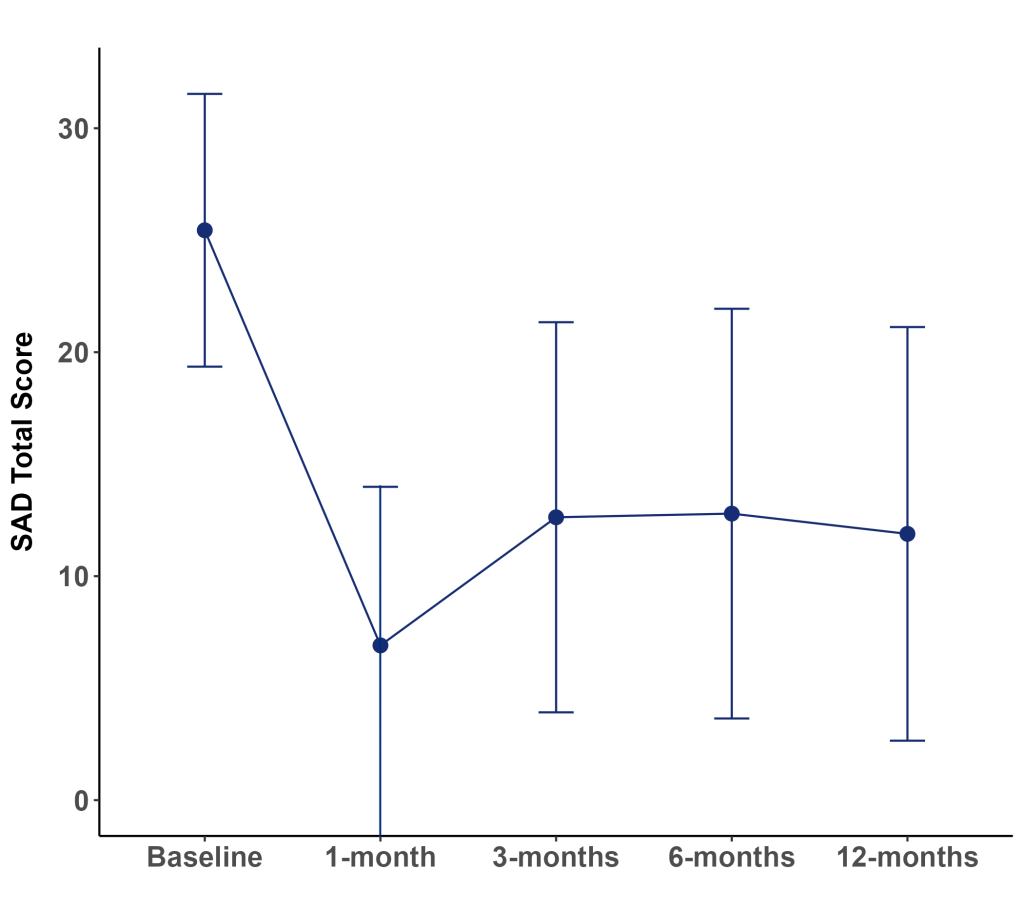
The social anxiety dataset was examined using the SM-SAD-10-Adult rating scale. A SAD-10 minimum score of 19 (considered moderate levels of social anxiety) was selected as inclusion criteria for a baseline response to be included in the dataset. The baseline results included 90 participants.
The baseline dataset, verified by a third-party source, determined that people suffering from moderate to extreme levels of generalized anxiety (average SAD-10 score of 25.44) experienced clinically significant reductions in symptoms at the below timepoints following the retreat, with average SAD-10 scores along with percentage changes in symptoms relative to baseline and sample size (n) shown below:

The data presented here do not account for a number of post-retreat lifestyle factors, including therapeutic support and approach to self-care undertaken by clients once back at home. Some clients did not complete or have not reached all follow-up assessment time points. MycoMeditations is continually exploring ways to support the ongoing therapeutic treatment of its clients and always recommends full follow-up and integration procedures as well as continual, conventional mental health support and care in order to ensure the best long-term psychological outcomes.
Survey Set-Up Details
These longitudinal surveys assess the long-term outcomes of guests who attend psilocybin-assisted retreats offered by MycoMeditations in Jamaica.
MycoMeditations’ longitudinal surveys are not and do not attempt to constitute either an academic study or a registered clinical trial in their procedure, structure, or review process. However, insights drawn from this data convey a need for additional research into the mental health therapeutic benefits of psilocybin and points toward efficacy of treatment models outside of standard clinical and laboratory contexts. All data shared by MycoMeditations was analyzed and verified by a third-party academic partner.
This report shares the retreat outcomes in guests who joined us to overcome social anxiety that contributed to our longitudinal surveys over the course of a year following their retreat.
MycoMeditations’ psilocybin-assisted retreat model led to clinically significant outcomes in the treatment of social anxiety according to client surveys. These results also suggested long-term efficacy, with significant positive results remaining one year after the retreat experience.
All data represented here was collected between July 2021 and December 2024 with the consent of MycoMeditations clients.
Review our Guest Outcomes for Other Conditions
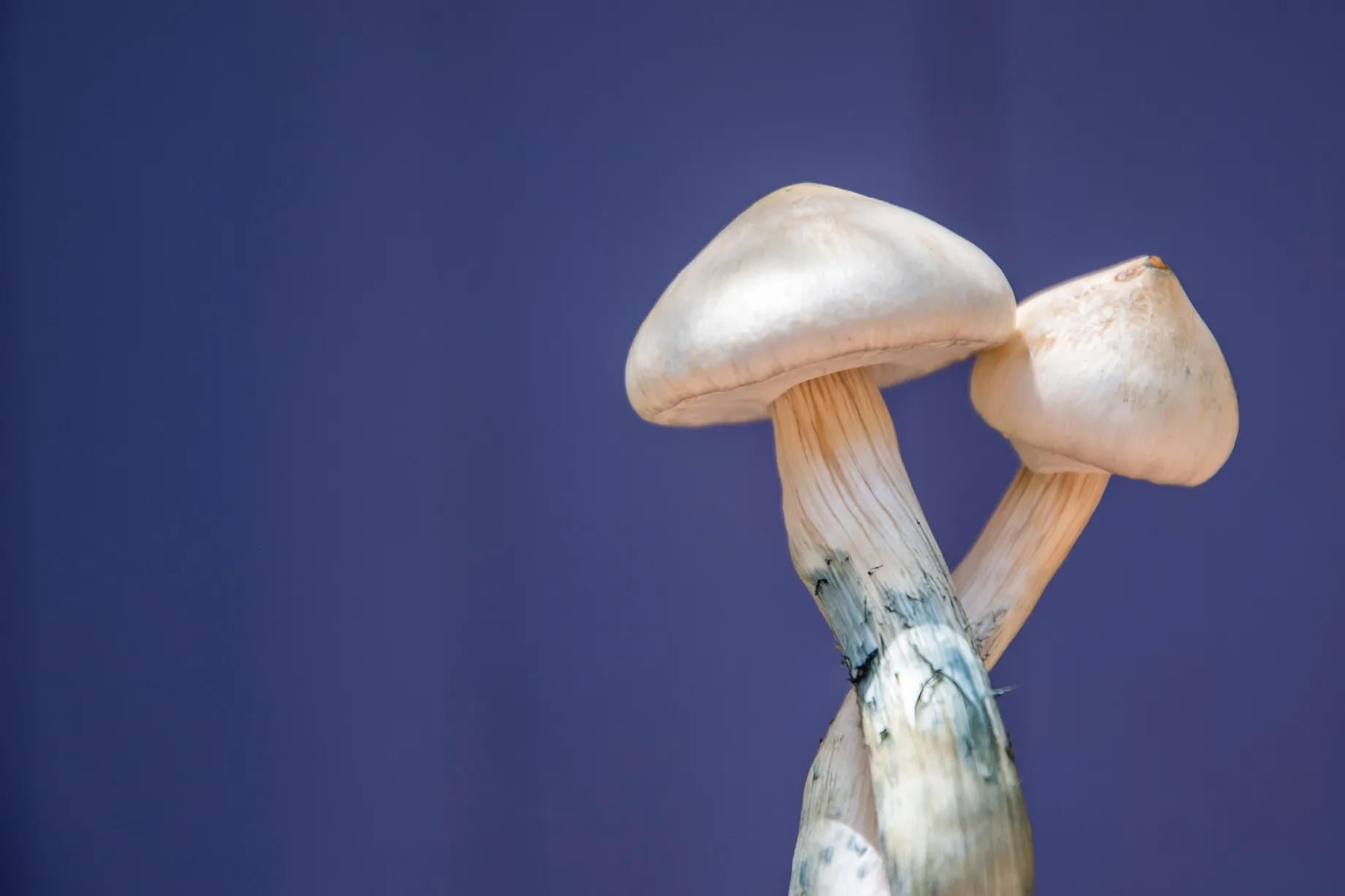
Psilocybin Retreat Outcomes for Social Anxiety
By MycoMeditations
What We Have Learned About Treating PTSD with Psilocybin
- MycoMeditations results are comparable to the MAPS PBC Phase 3 trial outcomes. MAPS PBC data, utilizing the CAPS-5 scale, showed the baseline score of 44.0 fell to 19.6 (-55.5%) after 18 weeks. At three months post-retreat, MycoMeditations data, utilizing the PCL-5, showed a 52.7% reduction in symptoms between baseline (44.1) and three months post retreat (20.9). This is sustained at six months post-retreat with 53.1% reduction in symptoms, and one year post-retreat with 51.8%.
- MycoMeditations survey reveals one of the first samples of long-term data revealing efficacy for psilocybin-assisted therapy in assisting with PTSD.
- Clinically significant improvements in PTSD maintained one year following retreat.
- Data supports the need for tailored dosing on numerous physical and mental factors rather than standardized dosing based on bodyweight.
- Psilocybin in group therapeutic retreat settings may be a viable treatment for PTSD when supported with individual therapy.
MycoMeditations guest outcome data for treating Post-Traumatic Stress Disorder with psilocybin shows similar results to the Multidisciplinary Association for Psychedelic Studies (MAPS) clinical research trails utilizing MDMA to treat PTSD when comparing results three months after the therapeutic sessions. Guests of MycoMeditations experienced a 52.7% reduction in PTSD symptoms when compared to baseline three months post-retreat (PCL-5 scores dropping from 44.1 to 20.9), whereas MAPS PBC Phase 3 trail outcomes showed symptoms reduction of 55.5% (CAPS-5 scores dropped from 44.0 to 19.6) when measured 18 week post-treatment compared to baseline.
While there is significant data showing MDMA’s effectiveness in treating Post-Traumatic Stress Disorder, clinical trials examining the effects of psilocybin on PTSD are limited in number. MycoMeditations surveys reveal first-of-its-kind outcomes in the fight against PTSD with psilocybin.
Retreat outcomes remained clinically significant one year after the retreat experience, indicating effectiveness in the MycoMeditations psilocybin-assisted retreat model in treating PTSD. Few psilocybin clinical trials examine outcomes this far from treatment, which advocates for the long-term efficacy of psilocybin in general.
MycoMeditations dosing protocols take into account numerous factors when determining the ideal psilocybin dose for a client. The optimal dose for each person varies significantly, and the MycoMeditations protocol realizes the need for a tailored approach to dosing in order to maximize benefits.
This data also emphasizes the utility of group psychedelic-assisted therapy, as MycoMeditations retreats are group experiences with up to 12 people assisted by therapists, with a typical facilitator-to-client ratio of at least 1:1.5, team to guests.
Population: Real-World Clients
MycoMeditations clients involved in this survey, while seeking therapeutic outcomes for PTSD, do frequently suffer from comorbid conditions such as various forms of depression, anxiety, and/or alcohol use disorder (AUD) or other forms of addiction, among others.
This population is a more accurate representation of real-world sufferers in need of therapeutic intervention than is otherwise found in the participant cohorts of clinical trials, in which such comorbidities are often screened out.
Preparation, Dosing, and Integration Protocols
The survey, which was optional to participate in, was completed by clients enrolling in the seven-day psilocybin-assisted retreat program at MycoMeditations, where they received preparation for their psilocybin sessions, three dosing sessions spaced on alternating days, and group integration on the days between each dosing session. After the retreats had concluded, clients were also encouraged to participate in two group integration sessions via Zoom.
Clients were administered dried Psilocybe cubensis, which is cultivated on-site and encapsulated into 0.5g capsules. MycoMeditations’ dosing regimen is highly standardized for utilizing whole psilocybin mushrooms with an escalating dosing protocol over the course of the three (3) sessions. The dose for Session 1 is virtually identical for all clients, however, the MycoMeditations protocol takes many physical and mental factors into account when determining the ideal dose for Session 2 and Session 3, as a tailored dosing method was found to be most beneficial.
The average dose in dried, encapsulated grams of psilocybin mushrooms from Session 1 has an average SD of 3.68 ± 1.08. Session 2 has an average SD of 6.76 ± 1.90 and Session 3 has an average SD of 8.51 ± 3.62. The total dose over the duration of the retreat has an average SD of 18.95 ± 5.52.
Results for the Treatment of PTSD at MycoMeditations Psilocybin Retreats
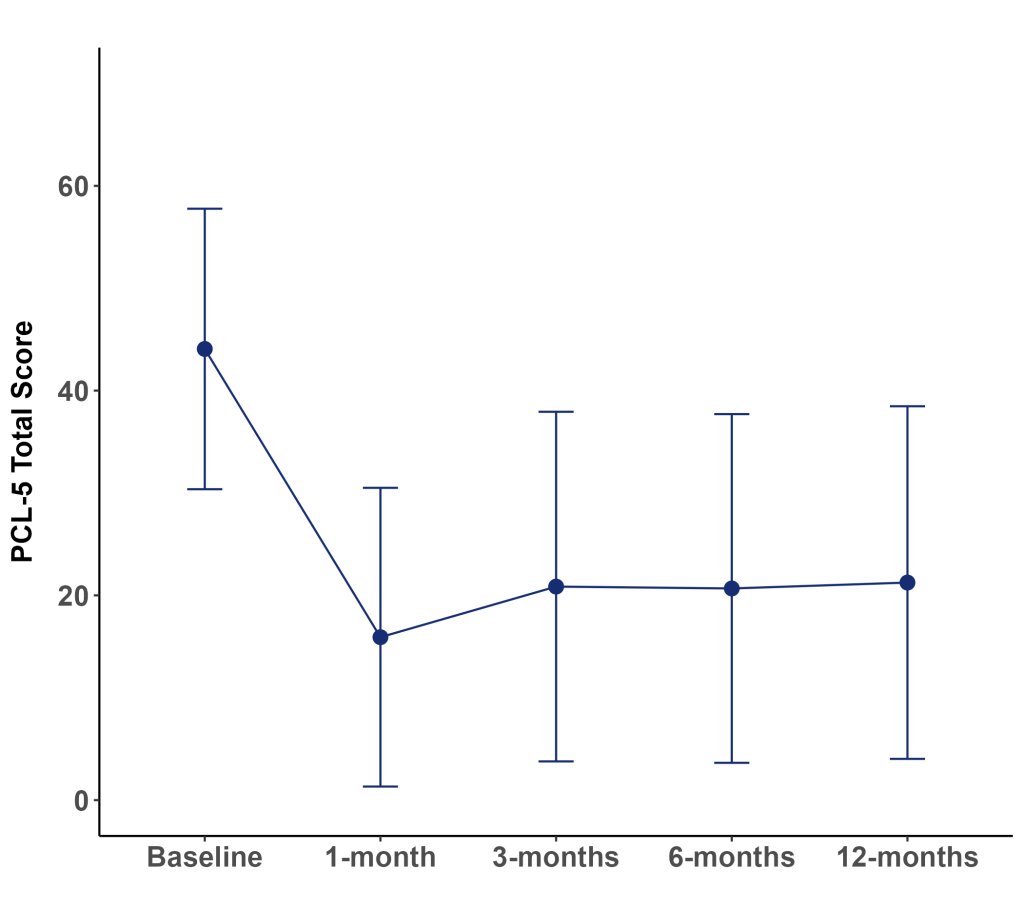
The PTSD dataset was examined using the PCL-5 rating scale. A PCL-5 minimum score of 31 (considered moderate levels of PTSD) was selected as inclusion criteria for a baseline response to be included in the dataset. The baseline results included 164 participants.
The baseline dataset, verified by a third-party source, determined that people suffering from moderate to extreme levels of depression (average PCL-5 score of 44.07) experienced clinically significant reductions in symptoms at the below time points following the retreat, with average PCL-5 scores along with percentage changes in symptoms relative to baseline and sample size (n) shown below:

The data presented here do not account for a number of post-retreat lifestyle factors, including therapeutic support and approach to self-care undertaken by clients once back at home. Some clients did not complete or have not reached all follow-up assessment time points. MycoMeditations is continually exploring ways to support the ongoing therapeutic treatment of its clients and always recommends full follow-up and integration procedures as well as continual, conventional mental health support and care in order to ensure the best long-term psychological outcomes.
Survey Set-Up Details
These longitudinal surveys assess the long-term outcomes of guests who attend psilocybin-assisted retreats offered by MycoMeditations in Jamaica.
MycoMeditations’ longitudinal surveys are not and do not attempt to constitute either an academic study or a registered clinical trial in their procedure, structure, or review process. However, insights drawn from this data convey a need for additional research into the mental health therapeutic benefits of psilocybin and points toward efficacy of treatment models outside of standard clinical and laboratory contexts. All data shared by MycoMeditations was analyzed and verified by a third-party academic partner.
This report shares the retreat outcomes in guests who joined us to overcome PTSD that contributed to our longitudinal surveys over the course of a year following their retreat.
MycoMeditations’ psilocybin-assisted retreat model led to clinically significant outcomes in the treatment of PTSD according to client surveys. These results also suggested long-term efficacy, with significant positive results remaining one year after the retreat experience.
All data represented here was collected between July 2021 and December 2024 with the consent of MycoMeditations clients.
Review the Outcomes for Other Conditions
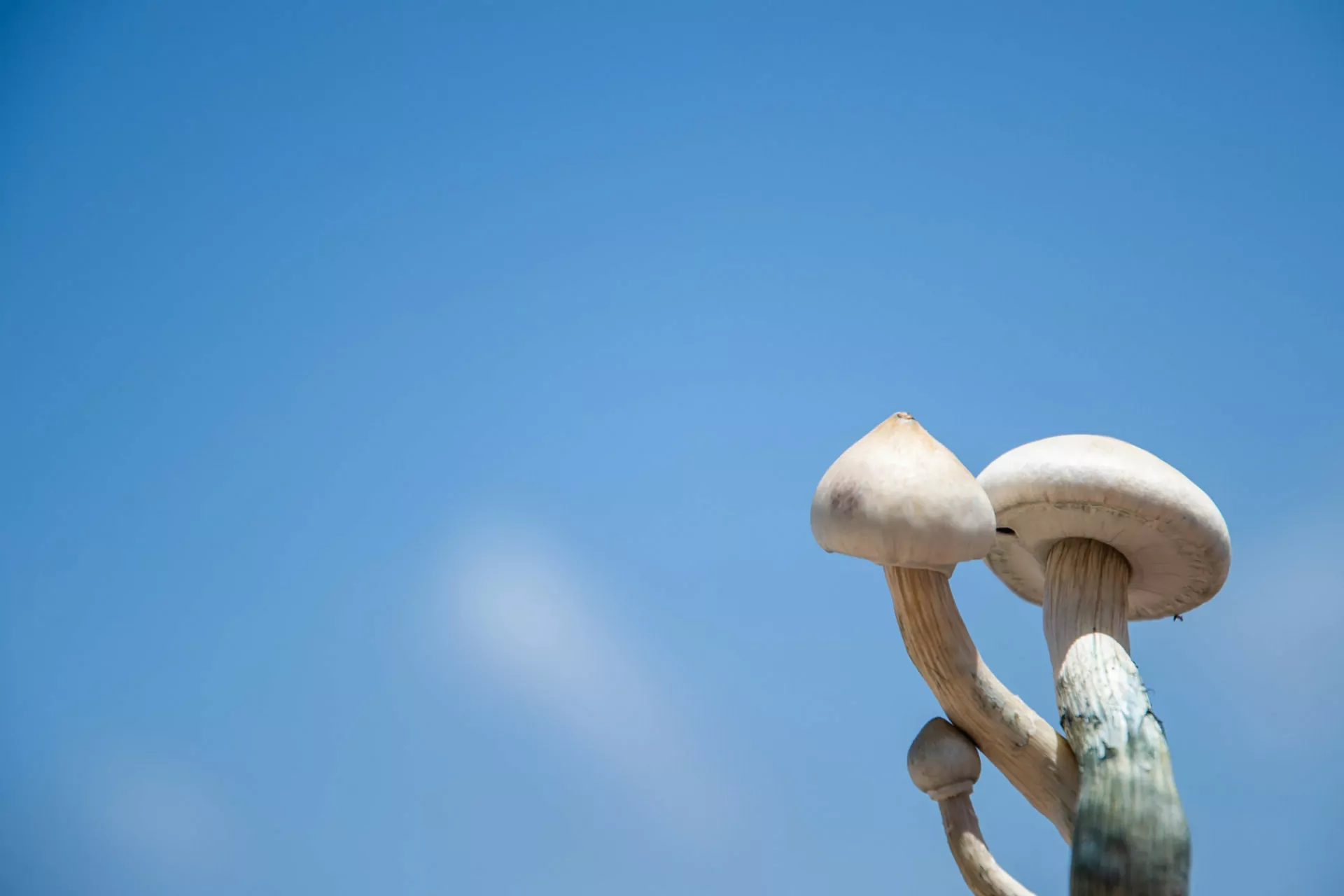
Psilocybin Retreat Outcomes for PTSD
Stories of Guests from MycoMeditations Psilocybin Retreat
By MycoMeditations
This interview series brings you inside the experiences of people who joined us at our psychedelic retreat to heal with psilocybin therapy.
We asked Damon, a man in his 50s from Florida, six questions to share about his experiences during his retreat week. Below you will read about Damon’s journey to heal the grief following the death of his first wife 10 years prior, as well as letting go of the damage left behind from his years of strict religious upbringing, which still lingered in his life.
. . . . .
What kind of support network did you have, and how did they react to your challenges before you sought psychedelic therapy?
What advice, insight, or experience sealed your decision to try psilocybin therapy?
The therapeutic benefits of psilocybin had interested me for several years as I studied the research on processing grief and trauma. What truly moved me were the healing stories from both people I knew personally and others who had shared their experiences publicly. As the 10-year anniversary of my first wife’s death approached, I felt a deep need for profound healing rather than just distraction. It took tremendous courage to overcome decades of indoctrination against psychedelics and my fear of losing control, but I trusted in the professional guidance, therapeutic environment, and careful dosing approach at MycoMeditations. Ultimately, I knew this challenging work needed to be done before the anniversary milestone.
What metaphors or imagery came to you during your therapy that helped you understand your life’s journey better?
Can you describe a fond moment that you shared with another guest or a facilitator?
How do you incorporate the lessons from the retreat into your everyday life?
If you’re seeking profound healing and are willing to surrender, trust the process, and face your fears, psilocybin therapy in a safe, supportive environment at MycoMeditations can accomplish years of healing in a remarkably short time.
. . . . .
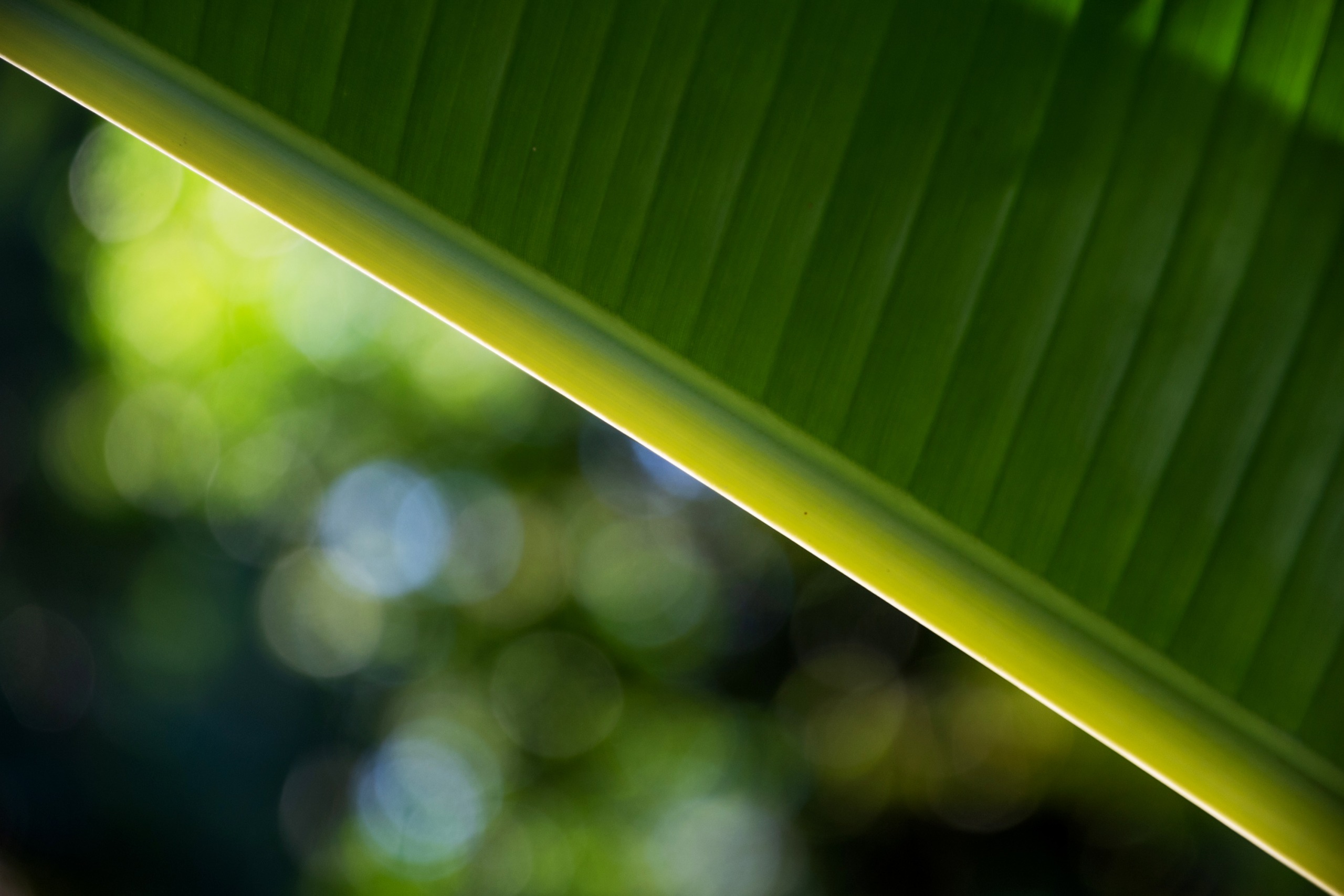
Guest Interview Series – Damon
Stories of Guests from MycoMeditations Psilocybin Retreat
By MycoMeditations
This interview series brings you inside the experiences of people who joined us at our psychedelic retreat to heal with psilocybin therapy.
We asked Aaron, a man in his 50s from Colorado, six questions to share about his experiences during his retreat week. Below you will read about Aaron’s challenging journey on his path to finding wholeness, which had him revisit memories of sexual abuse and lasting shame arising from his sexuality.
. . . . .
How would you describe the challenges and struggles you faced often before the retreat?
Before the retreat, my life was characterized by professional excellence and accomplishment that was coupled with constant inner turmoil, self-criticism and loathing coupled with anxiety. I have a history of sexual abuse—I had been molested by some girls when I was 4 and also by my friend’s dad when I was 8. However, I had been telling myself stories stories that minimized these experiences for most of my life. I also suffered from imposter syndrome that was heightened by my time spent in the Navy under the “Don’t Ask, Don’t Tell” policy forbidding homosexual behavior. I had deep-seated self-loathing because I was gay and could never change it, despite all the reparative therapy sessions, demands of my mother, and the church’s condemnation. Even when my spiritual beliefs matured to the point that I no longer felt condemned by God, I still condemned myself and found it impossible to love myself. Therefore, I did not know what love really looks like, nor was I able to offer it to others. I always had one foot out the door in life, and had trouble just being.
Was there a particular event or point of realization that pushed you toward trying psychedelic therapy?
I have a friend who went to MycoMeditations years ago. I have seen the changes in his life and had a chance to ask him about it again last year. He knew of my story of sexual abuse growing up and also my struggles with anxiety and being present in the moment. He recommended that I read Michael Pollan’s book How To Change Your Mind. I did and was intrigued. The more I researched venues and their methodologies, the more I kept coming back to MycoMeditations. Their procedures, staffing and operation seemed to be the most professional and safe. I was able to watch Beth Law’s testimony linked through their YouTube channel and that gave me the courage to actually pull the trigger and go! Beth’s story spoke to me as only another veteran can understand.
How did your perception of yourself change during this retreat?
Before the retreat, I did not know how to love myself, nor others. I had a deep seated homophobia and hatred for my being. Because of my childhood church’s condemnation and my mother’s rejection, I have always had an underlying hatred for myself because I have always been homosexual. There were parts of my own soul I just did not want to accept and love. That has all changed in a dramatic way: I have managed to find love and acceptance for myself and also forgiveness for myself and others. I finally feel at peace with myself and the world in general. I have more patience and presence, and feel like I am finally whole!
I have always felt like I didn’t have the whole story, like a piece of my soul was missing. I’ve spent my life looking for something yet not knowing what it was that I was looking for. I used to spend hours staring out over the horizon whether it was on a beach or on the catwalks of the ships I was serving on in the Navy. When I was flying, I would intently stare at the water below, scanning, searching. At Myco, during the first trip, I was blasted out over the horizon and found it: it was me. A sobbing 8 year old boy, alone and terrified. I found the piece that was missing and it was me!
Can you share a story of a connection or interaction that was meaningful to you during the retreat?
Can you describe a belief about yourself that you’ve managed to change or improve thanks to your experiences during the retreat?
I would tell whoever is considering this type of retreat this, “I am the last person who people would think would go (I’m a former Navy Squadron Commander) but I went and I will forever be grateful because I am changed, I am better, and I am whole.
. . . . .
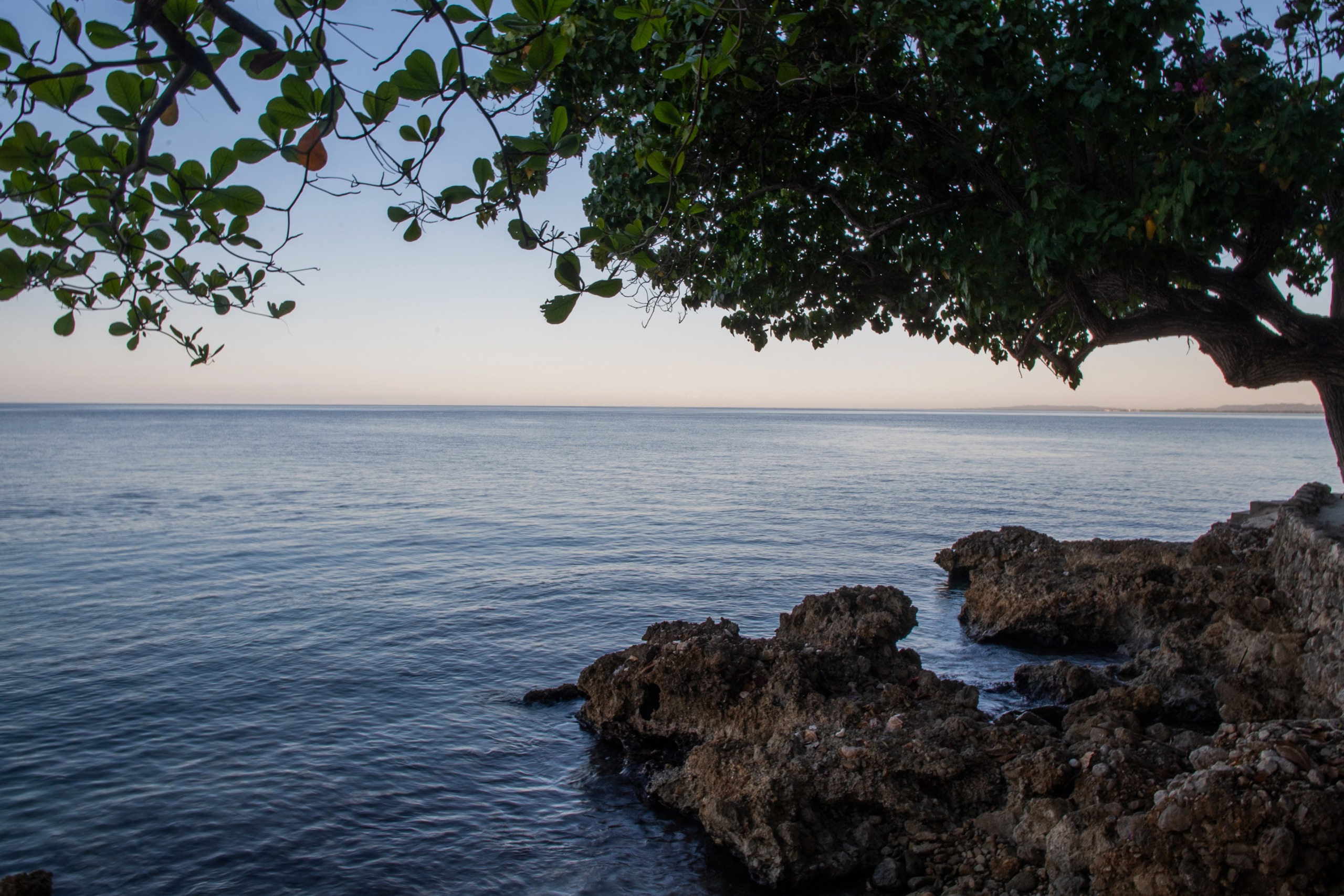
Guest Interview Series – Aaron
Music and Psychedelics: Past, Present, and Future
The convergence of music and psychedelics is not just a modern phenomenon arising from the rise of therapeutic psychedelic use. This harmonious marriage is an ancient spiritual practice deeply rooted in human history.
Music has a significant impact on the human psyche. For millennia, humans have used sound to induce altered states of consciousness and ecstatic experiences. In the earliest human tribes, early forms of music served a role in uniting communities and connecting with the spirit world.
Sound-induced trance states allowed our ancestors to alter their consciousness and transcend the physical world into a mystical experience, from which they returned with meaningful symbols that formed the basis of our future metaphysical beliefs.
In the same way that our ancestors used sound to induce these ecstatic, spiritual states, they also consumed psychoactive plants and fungi for the same purpose, often combining the two for a deeper connection to the divine.
Today, as the field of psychedelic therapy grows, music’s ability to facilitate altered experiences has gained renewed attention.
The mechanism that gave our ancestors healing and connection to the mystical is integral to the emergence of psychedelic therapy. From indigenous shamanic ceremonies to modern clinical settings, music amplifies the therapeutic potential of psychedelics in profound and mysterious ways.
We examine the history, science, and future of music as they relate to the psychedelic experience, offering insights into why it plays such a crucial role and how it can be effectively curated to maximize the impact of psychedelic therapy.
The Roots of Psychedelics and Healing with Music
In many ancient and shamanic traditions, sound is seen as a bridge between the physical and spiritual realms, guiding participants through transformative experiences and fostering a deeper connection to themselves, the universe, and the divine. Here are some of these traditions:
- Shipibo Tradition (Peru): Music is an essential element of the Shipibo people within the Amazon rainforest, who work with ayahuasca in local ceremonies. Icaros, sacred songs believed to hold spiritual power, are at the core of their ceremonies. Icaros serve as navigational tools that guide the shamans through the complex spiritual landscapes opened up by ayahuasca. Each icaro is chosen for the needs of the ceremony, whether it is for protection, healing, or amplifying the effects of the medicine. The Shipibo healers, also known as curanderos or curanderas, receive these songs through their spiritual visions or from the plant spirits themselves, further emphasizing the sacred connection between sound and the psychedelic experience.
- Bwiti Tradition (Africa): In the Bwiti religion of Central Africa, music plays a central role in iboga ceremonies. Iboga, a powerful psychedelic derived from the root bark of the Tabernanthe iboga plant, is used as a sacrament to induce deep introspection and spiritual awakening. During these ceremonies, repetitive rhythms, drumming, and chanting create a hypnotic soundscape that helps participants enter and sustain altered states of consciousness.
- Huichol Tradition (Mexico): The Huichol people, native to Mexico, incorporate music into their peyote ceremonies, where this psychoactive cactus allows access to spiritual insight and healing. The ceremonies are accompanied by the melodic sounds of traditional instruments, including violins, drums, and rattles, as well as chanting and singing.
- Siberian Shamanism (Russia and Mongolia): In the Siberian and Mongolian shamanic traditions, music plays a crucial role in ceremonies that involve the use of psychoactive plants or other trance-inducing practices. Shamans use instruments like drums, jaw harps, and throat singing to create rhythmic vibrations that help them and their participants enter altered states.
- Modern Psychedelic Therapy: In contemporary psychedelic-assisted therapy, music plays a pivotal role. Playlists curated for therapeutic sessions often feature ambient, meditative, or classical music that complements the participant’s emotional and psychological journey. Research has shown that music enhances the therapeutic effects of psychedelics by evoking deep emotions, guiding the experience, and helping participants process their insights. Each track is carefully selected to match the different phases of the journey, from the initial ascent to the peak and eventual return to baseline.
Across cultures and traditions, the relationship between music and psychedelics serves a purpose. Music becomes a guide, a protector, and a tool for healing and connection through the amplification of emotional and spiritual intensity. Whether it’s through ancient rituals or modern therapeutic practices, this timeless connection underscores the universal power of music and sound to tap into the depths of human consciousness.
How Music Amplifies Psychedelic Experiences
Psychedelics alter our perception of reality by dissolving the ego’s boundaries and beliefs, which serve to help us understand ourselves and everything around us in ordinary states of consciousness. They do so by disrupting the usual patterns between brain networks and enabling new connections, echoing research that shows how music has a similar effect of engaging diverse networks of brain regions.
Music, in turn, serves as an additional catalyst by guiding the unfolding psychedelic experience. The qualities of the selected music help shape the perception and emotion of the journeyer. Together, psychedelics and music form a synergistic relationship, amplifying the potential for personal transformation and introspection.
Modern research supports the idea that music amplifies the therapeutic effects of psychedelics. Since psychedelics act on serotonin receptors, there is an enhancement of emotional and sensory experiences. When combined with music, these effects are significantly enhanced.
Processing trauma often necessitates accessing difficult emotions buried beneath layers of defence mechanisms, and music creates a safe container within which to explore those emotions. For example, in psilocybin therapy, calming tones may evoke nostalgia and safety, while heavier, dramatic pieces can help patients confront grief, loss, or fear.
Inner visions often accompany psychedelics, and the music playing during the experience can significantly influence the nature of these visions. Visions can serve as powerful tools for self-reflection, insight, and emotional release, making music a helpful means for individuals to connect with their inner world.
Music also serves as a guide during a psychedelic experience by shaping the journey and providing direction. The qualities of the music create a trajectory that influences the emotional and mental path of the experience. By setting the pace and atmosphere, music helps navigate the depths of the mind, offering a sense of structure and flow as the medicine takes effect.
Music in Psychedelic Therapy’s Renaissance
The importance of music in psychedelic therapy cannot be overstated. With the resurgence of psychedelic therapy to treat depression, PTSD, end-of-life distress, and more, music has emerged as an essential accompaniment for this process. Clinical studies at Imperial College London demonstrate that curated music enhances the outcomes of psychedelic-assisted therapies. It serves as both a grounding element and an amplifier of experience, helping individuals navigate the complex nature of the psychedelic state.
But why is music’s role so crucial in the modern context?
- Guiding the Experience: Music serves as a therapeutic guide, helping clients navigate various phases of their psychedelic sessions. For instance, uplifting tracks might support a “breakthrough” moment, while softer music during the descent phase fosters emotional integration.
- Connecting Therapists and Clients: Therapists can gain a deeper understanding of a client’s state by knowing the path taken by the music. Shifts in emotional state often correlate with distinct phases of an album or playlist.
- Filling Emotional Voids: Psychedelic experiences can feel confusing when left suspended without direction. Music fills this potential void, acting as a co-therapist to help maintain emotional flow and stability.
Without this carefully curated soundscape, psychedelic therapy sessions lose an essential dimension that facilitates depth, safety, and meaning.
Research suggests that music takes on an entirely different quality during psychedelic-assisted therapy when compared to its properties in everyday circumstances.
When combined with the mind-altering effects of psychedelics, music is so profound that its presence is like a sentient actor that collaborates with the participants and therapists involved in the experience.
How to Prepare a Music List for Psychedelic Therapy
Given how subjective the experience of music is, it can be a challenge to choose the ideal music for psychedelic therapy from person to person. Whether you are creating a playlist for yourself or your clients, it requires an understanding of the participant’s emotional state, preferences, and areas of resistance, such as fear of losing control, confronting emotions, or over-analyzing routed in personality traits like perfectionism, criticizing, disrespectful attitude, being self-critical, preoccupation with appearance, social withdrawal, or an inability to accept compliments or constructive criticism
A successful music selection will evoke feelings of safety, introspection, and openness, allowing the participant to access deeper layers of emotion and insight. The playlist should also align with the session’s goal. Selecting the wrong music can disrupt this process, cause confusion, and lead to distraction or detachment.
Selecting the right music requires intention and understanding of how it interacts with the unique states of consciousness induced during psychedelic therapy. A thoughtfully curated playlist or album design creates an ideal inner space for the individual to surrender to the process, be open to emotions, and achieve meaningful breakthroughs.
Key Considerations
Theme and Resonance
Choose music that aligns with the participant’s preferences to create a more personalized and meaningful experience. For instance, some people might find classical compositions, such as symphonies or operas, too dramatic or opulent to relate to. On the other hand, others may resonate deeply with the complexities of classical music, finding it inspiring or cathartic.
Similarly, including tracks with yogic chanting may be well-suited for those looking to imbue their experience with an air of Eastern mysticism, or perhaps to connect them with an Indian lineage. However, others may feel that these songs are too exotic and distant.
Understanding the participant’s unique tastes and what resonates with them is key to selecting music that enhances the experience rather than detracts from it.
Tone and Direction
Since music can significantly influence mood, identifying the purpose of the session is crucial in selecting the right music to support the process. It is best to choose music with a particular emotional direction to set the overall tone and feel for the journey.
For example, a light, ambient tone with soft melodies might foster introspection, creating a calm and reflective atmosphere ideal for contemplation or moments of gentle emotional release. On the other hand, intense drum rhythms or dynamic, powerful compositions could evoke catharsis, helping to release pent-up emotions or trauma more actively and expressively.
Consider the tempo, tone, and emotional suitability of the music to ensure it complements the intended focus and desired outcome of the session, as this will guide you toward a deeper, more meaningful experience.
Timing and Transition
Match the music carefully to the session’s arc, as it plays a crucial role in supporting the participant’s experience. Psychedelic sessions often follow a natural progression of ascent, peak, and descent based on each medicine’s unique duration period. The soundtrack should align with these phases to create a cohesive and fluid journey.
During the ascent, the music can gently build anticipation and set a tone of curiosity and openness, preparing the participant for what lies ahead. At its peak, the music may be immersive and expansive, encouraging introspection, emotional release, or profound insights. As the session transitions to the descent, the soundtrack can gradually soften, offering a sense of grounding, comfort, and closure.
Another consideration is how individual songs are blended with those that precede or follow them. Playlists that don’t mix well can be distracting. For example, if a song that predominantly features a cello is followed by a song with Tibetan throat singing, these songs will clash stylistically. This disharmony can be enough to disrupt the participant’s flow.
Ensure that transitions between genres or other musical qualities are tasteful and gradual. Abrupt shifts in theme, tone, and style can disrupt the therapeutic process by pulling participants out of their journey.
Lyrics
Music with lyrics in the participant’s native language is generally avoided in psychedelic therapy because it can be overly directive, potentially influencing thought patterns or emotions in a way that distracts from the participant’s own organic experience. Research even shows that lyrical music interferes with cognitive tasks.
Instead, non-lyrical music or vocals in a foreign language are often preferred. These styles provide a sense of humanity and connection without dictating or interfering with the participant’s process.
As you can see, compiling music playlists for psychedelic therapy is an art that involves psychological, emotional, and artistic considerations to support the best therapeutic process.
Ultimately, thoughtfully curated music acts as a guide. It enhances the therapeutic potential of the session by helping participants navigate their internal landscape with greater ease and depth. By setting the tone and holding space for all that emerges from within the participant, the music provides a foundation for the therapeutic process while remaining unobtrusive and supportive. Music’s role is to enhance, not overshadow, the journey by ensuring that the internal experience remains the focal point. This careful balance between guidance and neutrality is what makes music such a powerful yet delicate tool in therapeutic contexts.
Key Artists Making Music for Psychedelic Therapy
Innovative artists are leading the charge in bringing music into the conversation about psychedelic therapy, recognizing its powerful ability to enhance emotional processing and create deeply immersive experiences.
Wavepaths, founded by Mendel Kaelen, an early psychedelic researcher at Imperial College London, offers personalized, AI-curated soundscapes for psychedelic sessions. They create adaptive musical environments to support the dynamic and unique nature of psychedelic experiences through their platform. Based on all the factors discussed above, artificial intelligence, as used by companies such as Wavepaths, enables us to tailor psychedelic therapy music selections to the exact needs of each client.
Several artists have also pursued the creation of music specially dedicated to psychedelic journeys. They include Jon Hopkins, East Forest, and Justin Boreta. Given the growing list of artists who have shared about how psychedelics positively impacted them, it’s easy to see why attention is going towards the musical component of these experiences.
A quick search on Spotify or Apple Music for “Psychedelic Therapy” playlists will show curated lists consisting of additional artists ranging from Antonio Vivaldi to Brian Eno, Enya, Max Richter, and many more.
These artists, old and new, all highlight the modern intersection between music and psychedelic therapy. Their musical innovations demonstrate how sound can be harnessed to support the unfolding process of a therapeutic psychedelic journey most effectively.
Best Playlists and Albums for Psychedelic Therapy
Music is an essential part of our psilocybin therapy sessions. Based on what this article has outlined, the “best” choice for any individual is impossible to determine due to how multifaceted the experience of both psychedelics and music is. However, it is possible to make a choice that is close to ideal.
We have compiled our top selections to help you narrow your selections for any upcoming psychedelic sessions you are preparing for.
Psilocybin-Assisted Therapy
Designed by Bill Richards for the psilocybin-assisted therapy research done at Johns Hopkins University.
Created by Mendel Kaelen for psilocybin therapy studies at Imperial College London.
Made for psilocybin research at Copenhagen University Hospital. Its curation is highlighted in this in-depth analysis.
This album, created by East Forest, was inspired by his experiences at Mexican mushroom ceremony.
East Forest’s second album with his signature sound and style for psychedelic therapy.
This album is a research-backed creation for psychedelic therapy from Massey, New Zealand, consisting of a live recording utilizing 28 musicians.
Curated by MycoMeditations. Ambient music with a unique variety of tones, vibrations, and brain frequencies to deepen the therapeutic experience.
Curated by MycoMeditations. Shamanic, primordial themes with highly energetic elements that heighten and expand altered states of consciousness.
Curated by MycoMeditations. Gentle progression into a powerful mix of ambient, shamanic, and instrumental music for the peak experience.
Ketamine-Assisted Therapy
MDMA-Assisted Therapy
Final Thoughts: Music in Psychedelic Healing
Psychedelic therapy is ushering in a new era for mental health, and music is an indispensable part of this movement. It harnesses age-old traditions, amplifies modern scientific findings, and connects clients to their therapists, emotions, and themselves.
Looking ahead, there’s potential for even more innovation in the area of music. AI-driven soundscapes, immersive experiences, and personalized soundtracks will continue to shape the field in the years to come, leveraging music’s ability to facilitate profound healing.
Are you exploring new mental health solutions or seeking personal transformation with psilocybin therapy? As the original therapeutic psychedelic retreat, MycoMeditations provides the perfect setting for safe, expert-guided psilocybin therapy sessions alongside our carefully selected list of music playlists and albums for an unparalleled experience.
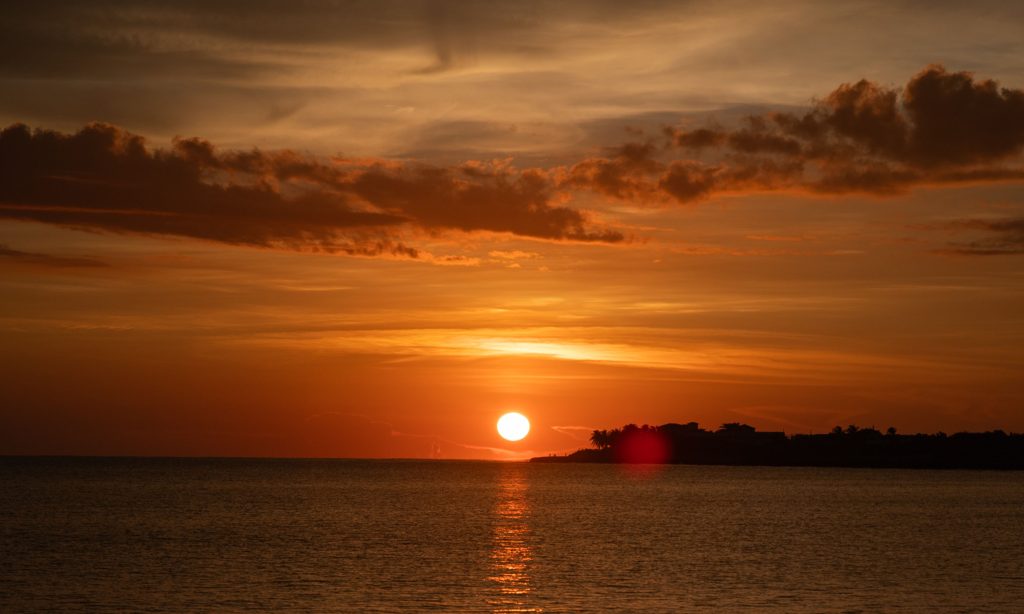
The Role of Music in Psychedelic Therapy
Your Guide to Psilocybin Therapy in Oregon
The therapeutic potential of psilocybin continues to gain attention worldwide. Clinical trials further highlight the potential of psilocybin therapy each year, with increasing mentions of psilocybin and other psychedelic drugs in research literature as this “breakthrough therapy” surrounding psychedelic substances emerges in the mainstream.
In the United States, each year has new states moving legislation forward to eventually allow for legal psilocybin sessions to be accessed. Oregon passed Measure 109 in November 2020 to allow for the regulated medical use of psilocybin under the supervision of trained and licensed facilitators in a licensed service center. Since then, Oregon Psilocybin Services has implemented rules and regulations for providing therapeutic services involving psilocybin, leading to a growing number of legal service centers in Oregon and people traveling from abroad to access these therapies.
Legal Frameworks and Regulations for Psilocybin Therapy in Oregon
The official regulations, as overseen by the Oregon Health Authority, outline specific guidelines regarding the dosage of psilocybin, facilitator training, the environments in which sessions can take place, and the criteria for client eligibility. Monitoring and reporting processes are in place to assess outcomes and enhance the understanding of psilocybin’s therapeutic impacts.
While we at MycoMeditations welcome legalization that allows for psychedelic therapy to improve the mental health crisis, our experience of providing over 6000 psilocybin therapy sessions allows us to see limitations of the Oregon regulatory framework informing the protocols for psilocybin treatment centers, which we will share below. Nonetheless, psilocybin mushrooms are a powerful tool for overcoming depression, anxiety, obsessive-compulsive disorder, post-traumatic stress disorder, and many other mental health challenges. People want to access these therapies more than ever.
Exploring Psilocybin Therapy in Oregon
We understand it can feel risky to travel somewhere new, pay thousands of dollars in the hope that a new therapy can assist with emotional healing to help get to the root of challenges you may face in your daily life. Or perhaps your struggles with a mental health disorder are so severe that you think you have no other options. It is our hope that this article can point you in the best direction and provide you with important considerations before making any decision, especially if you are already considering a visit to Oregon for a psilocybin experience.
Psychedelic-assisted therapy is a powerful experience that requires the utmost trust in those supporting you. If you are considering a visit to Oregon to participate in a psilocybin program, we provide you with an overview of some of the psilocybin service centers there. If you wish to explore these companies further, we advise you to do your additional research, ask questions, and discover if they are the right fit for you. Call the centers you might be interested in and speak with them directly to get a better sense before making any decisions. You can take a look at the Oregon Psilocybin Services Licensee Directory to conduct further research.
Please note that the retreats and centers listed below are not endorsed by MycoMeditations, this guide is simply to consolidate possible selections for people seeking psilocybin therapy services in Oregon.
Psilocybin Healing Centers in Oregon
Innertrek
InnerTrek provides psilocybin therapy services and offers facilitator training programs approved by the Oregon Health Authority, having already trained hundreds of psilocybin facilitators.
This center emphasizes the importance of communal experiences in the healing process, making it an option for those who value shared journeys. InnerTrek offers single-day group sessions priced between $1,200 and $2,000, with an additional cost of up to $100 for psilocybin. Their three-day group retreats are available for $2,500, which consists of one session. Innertrek’s single-day group sessions provide two online preparation and integration sessions, and the retreats also include preparation and integration while on the retreat.
Their center is located in downtown Portland, so there are many options for nearby accommodations if you are traveling in from outside of Portland.
Epic Healing Eugene
Epic Healing Eugene provides both private and group psilocybin therapy sessions.
Individual sessions consist of three hours dedicated to preparation sessions followed by two hours of integration. They also offer quarterly mini psilocybin retreats in Oregon. The cost of single-dose psilocybin therapy ranges from $2,200 to $2,800, and two-dose packages range between $3,600-$4,600, depending on the facilitator.
Small group experiences will cost you $1,800 for a single session. Their psilocybin doses appear to be very low when done in their retreat setting. Located in the heart of Eugene, it serves as a convenient option for those looking to explore psilocybin therapy in urban settings.
Psilocybin Retreat Locations in Oregon
Odyssey
Odyssey is one of the more well-known psilocybin retreats in Oregon, offering both private and group retreat options. Their center is located outside of the city, and provides a beautiful setting to complement your psilocybin therapy experience.
Their private retreats are custom curated over two or three days with a wide range of prices, anywhere from $2500 and $4500. The private retreats include one psilocybin session with a couple of hours of preparation and integration support around the session. The group retreats are all-inclusive with meals and lodging.
Their prices range anywhere from $3500-$5700, depending on the accommodations selected. The retreats are three nights and include one psilocybin session with preparation and integration. If you have a higher budget and are looking for a more nature-based experience in Oregon, you may want to take a look at Odyssey.
Confluence
Confluence, in the city of Ashland, Oregon, offers a range of different psilocybin services that take place in different settings depending on the service you select. They offer private single-day psilocybin sessions, 3-day private retreats, or 5-day group retreats.
The single-day sessions take place in a private room within their licensed psilocybin service center. The psilocybin session is accompanied by a therapy session and breathwork session prior to the dose, and two integration calls following the dose. The price is $2250. The 3-day private retreats take place in the outdoors surrounding Confluence’s healing center and involve one psilocybin session. Breathwork and meditation sessions are a part of the preparation and integration experience.
The price for this service is $3900. Their 5-day group retreats also take place within natural surroundings at the healing center and include two psilocybin sessions. Similar to the private retreats, preparation and integration are offered to complement the psilocybin journeys. Prices start at $5900. Those with a larger budget may be interested in researching Confluence.
Limitations of Psilocybin Services in Oregon
While Oregon has taken a progressive step by legalizing psilocybin therapy, our experience tells us that the state’s regulations have some key shortcomings, which you may want to consider before deciding on where to receive psilocybin therapy.
The Maximum Psilocybin Dose May Not Be High Enough for Some People
The limit for the dose of psilocybin that can be provided is 50 milligrams of psilocybin, which amounts to about a 6-gram equivalent for whole psilocybin mushrooms. While this is a substantial dose by many people’s standards, when trying to maximize the effects of psilocybin as a legitimate medical treatment for a range of mental health conditions, this 6-gram cap will substantially limit the effectiveness of their psilocybin journeys.
Capping maximum doses at 6 grams for psilocybin treatment will be one of the biggest limitations in Oregon’s approach to psilocybin-assisted therapy. This restriction will pose a hindrance to individuals suffering from treatment-resistant depression or complex forms of anxiety. In our experience, individuals with treatment-resistant, long-standing mental illness often need doses higher than 6 grams to disrupt deeply rooted neural and psychological patterns. When these experiences are navigated and supported well, high-dose psilocybin sessions, exceeding 6 grams, can bring about significant changes, improvements, and relief.
Lack of Therapeutic Background Requirements and Relatively Little Training Needed to Be a Licensed Psilocybin Facilitator
Oregon’s regulations for psilocybin therapy also do not require licensed psilocybin facilitators to possess therapeutic credentials to gain their license. The hours of training required before becoming licensed are minimal, and also require no direct, personal experience with psychedelic mushrooms. This aspect has sparked conversations about the aptitude and qualifications of facilitators guiding psychedelic experiences in Oregon.
With society attempting to carve out a role for psilocybin and other psychedelics within our mental health treatment systems, there should be a greater emphasis on putting these medicines in the hands of trained therapists and practitioners. This will maximize its positive impact and reduce adverse reactions. While Oregon’s pioneering move into legalized psilocybin therapy is commendable, shortcomings in the state’s regulations emphasize the need for future adjustments and improvements.
You may be interested in reading this full side-by-side comparison of psilocybin offered in Oregon vs. Jamaica, another legal location for psilocybin services, where the providers are free to work with their own standards and protocols.
Other Popular Destinations for Psilocybin Retreats
Many people considering psilocybin therapy for mental health issues are unaware that there is already an established psilocybin industry in Jamaica and the Netherlands, which have allowed psilocybin to be consumed legally for decades. There are many psilocybin centers in these countries, and they have witnessed the potential demonstrated from early psilocybin clinical trials. They became the first providers to offer these services legally at their own psilocybin centers. Psilocybin therapy offered in these countries is typically undertaken in retreat settings as opposed to the more clinical/office-bound sessions offered in Oregon.
Netherlands
In the Netherlands, psilocybin retreats are legally offered through a unique framework that allows for the use of psilocybin, but only in truffle form. Psilocybin mushrooms are, in fact, illegal here, which has always perplexed people, as magic mushrooms and truffles contain the same psychoactive compounds. These retreats are typically run by facilitators from a range of professional or therapeutic backgrounds who focus on creating a safe and supportive environment for participants.
Jamaica
Jamaica is home to numerous options for psilocybin retreats, just like Oregon or Colorado. There is also a broad range of retreats here, with frameworks ranging from those that have a wellness focus to those that are more therapeutically oriented. As a result, the quality of psilocybin providers in Jamaica varies dramatically.
MycoMeditations offers a compelling alternative for those seeking a more comprehensive psilocybin therapy experience. MycoMeditations was the first psilocybin retreat to open in Jamaica.
Our retreat has been continually developed and refined after hosting thousands of guests since our inception in 2014. With the freedom to develop and uphold standards based on what is proven to be effective, we set out with the goal of creating the gold standard for what a therapeutic psychedelic retreat can be. Our 3-dose treatment model allows people to go deeper in their healing than in the clinical setting or at other retreats, where you will rarely work with more than a single session. This combined with our experience of working with higher doses than typically offered has drastically improved the lives of those who joined us with crippling cases of depression, anxiety, and more.
If you have thought about going to Oregon for psilocybin therapy, we invite you to first browse through our website to learn about the most mental health-oriented psilocybin retreat available. Feel free to book a call with us to explore if one of the most experienced psychedelic retreats in the world may actually be the option that serves you best.

Psilocybin Retreats and Therapy Centers in Oregon
Overview of Psilocybin Retreats and Psychedelic Therapy in Colorado
Psychedelic-assisted therapy is making waves in mental health and wellness, and the state of Colorado has taken a historic step forward. Starting January 1, 2024, psilocybin-assisted therapy has been legalized in the Centennial State, positioning Colorado as a leader in the growing movement to integrate psychedelic medicines back into our culture under regulated therapeutic applications after decades of prohibition.
For mental health advocates and psychedelic therapy enthusiasts, this is cause for celebration. Following years of studies through clinical trials at Johns Hopkins, Columbia, and many other renowned universities, new clinics, retreats, and services involving psychedelic drugs are emerging across Colorado for broader access. This offers exciting options for those hoping to explore psilocybin mushrooms as a breakthrough therapy for assistance in overcoming everything from treatment-resistant depression to post-traumatic stress disorder.
But as groundbreaking as it is, Colorado’s psychedelic therapy scene still comes with limitations. This article will explore Colorado’s rules and regulations, compare its psilocybin-assisted therapy regulations to those in Oregon, highlight early treatment options, and offer balanced insights into the challenges that seekers of personal growth through psilocybin experiences may face.
Understanding Psilocybin Therapy in Colorado
Colorado’s entry into the legal psilocybin therapy space involves a mix of decriminalization and structured frameworks for therapeutic use of natural medicines such as mushrooms. Psilocybin’s decriminalized status in Colorado dates back to 2022, when a passing vote for Proposition 122 allowed individuals over 21 to use and share certain psychedelic chemical compounds without criminal penalties. The state has now established formal regulations for trained mental health practitioners and licensed healing centers to administer psilocybin therapy.
Key Regulations and Oversight
Oversight of Colorado’s legal psilocybin therapy falls to the Department of Regulatory Agencies (DORA). DORA’s responsibilities include regulating natural medicine services through healing center licenses, facilitator certifications, cultivation permits, reporting guidelines, and more. Here’s what that means for clients seeking psilocybin therapy in Colorado:
- Healing Centers: Colorado will license physical spaces where psychedelic administration sessions can be legally provided. These include urban clinics and rural retreats, with unique zoning rules decided by city councils varying by municipality.
- Psilocybin Facilitators: Licensed facilitators will lead therapy sessions. To earn certification, facilitators must complete a process of state-approved training programs, pass competency exams, and renew their licenses regularly by paying licensing fees.
- Controlled Supply Chain: From cultivation to testing, all psilocybin products used within licensed programs must meet strict safety and quality standards.
- Tracking and Reporting: Psilocybin healing centers must keep in-depth records, including, but not limited to, reporting all adverse guest experiences to the state.
These measures promote safety and standardization, providing individuals with greater confidence when seeking facilitators or centers to experience a psilocybin journey. This sets clear expectations for every stakeholder and ensures a certain degree of quality and professionalism across the state’s psilocybin services.
How Psychedelic Access in Colorado Differs from Oregon
Colorado is following Oregon’s lead in introducing legal psychedelic substance access, but with a few notable distinctions in its regulatory approach:
- Vertical Integration: Colorado favors a vertically integrated model where healing centers manage several parts of the supply chain. Oregon, by contrast, splits licensing into four separate categories.
- Flexible Locations: Colorado allows psilocybin services in non-center settings, including private residences (as a result of decriminalization) and healthcare facilities, providing more options for guided therapy.
- Expanded Psychedelics: Colorado’s framework allows for additional psychedelic substances to become available over time.
- Decriminalization Differences: Colorado’s overarching policy provides broader protections for personal psilocybin use compared to Oregon’s more restrictive decriminalization protocols.
- Local Bans: Unlike Oregon, Colorado doesn’t permit municipalities to fully ban healing centers within their jurisdiction.
As US states continue to legalize psychedelic-assisted therapy, the rules and regulations for each will vary as regulatory bodies attempt to best integrate medicines such as psilocybin mushrooms into traditional psychotherapy to treat mental illnesses.
Treatment Options in Colorado
For those considering psilocybin therapy in Colorado, here’s a brief overview of notable clinics and retreats.
Please note that MycoMeditations does not endorse these providers. This is simply a list of early examples of what’s currently available in the state upon legalization.
Clinics
- Medicinal Mindfulness: A non-profit offering “supported personal use” services and guided psychedelic experiences facilitated by trained professionals.
- Wholeness Center: Integrating psychedelic care with natural treatment options, the clinic has experience with ketamine-assisted therapy and harm-reduction approaches for psilocybin.
- Reflective Healing: Offers guidance and therapeutic integration for individuals exploring decriminalized psilocybin use.
Retreats
- Odyssey PBC: Led by standard clinical research, Odyssey provides private sessions and group retreats.
- Ceremonia: Trying to combine science and spirituality, Ceremonia hosts psilocybin retreats around plant medicine ceremonies.
Before You Decide: The Limitations of Colorado’s Program
Colorado’s psilocybin therapy legalization marks significant progress towards larger access to psychedelics, but prospective clients should understand that there are certain limitations to consider before making this huge personal decision. Here are key points to consider:
- Limited Practitioner Experience: Many facilitators are relative newcomers to psilocybin and its therapeutic applications, especially when it’s offered to address severe mental health challenges such as treatment-resistant cases of depression or anxiety. There is little experiential training in those who are becoming licensed, and direct, hands-on experience is the most important type of experience to look for in your guides.
- Dosing Amounts: Psychedelic therapists in Colorado will likely remain conservative in their dosing protocols due to dosing limits. Effective psilocybin therapy can require a higher dose of psilocybin than most are equipped to provide and must be administered by experienced professionals to achieve safe, transformational breakthroughs.
- New-Age Culture: Many traditional, trained psychedelic practitioners orient their guidance and support through spiritual frameworks that often don’t align with the beliefs of the typical American client seeking psilocybin-assisted therapy. Finding facilitators who respect your belief systems and commit to working with you through that lens is crucial for a safe and grounded experience.
Understanding these limitations, it’s essential to take the time to conduct thorough research before committing to any clinic or retreat. This involves looking into the qualifications and experience of the staff, reading reviews or testimonials from previous clients, and confirming whether the facility aligns with your specific needs and goals.
Additionally, researching the methods or treatments offered can help ensure they are evidence-based and reputable. Taking these steps can provide peace of mind and increase the likelihood of a positive and effective experience.
The Gold Standard of Psychedelic Therapy
While Colorado offers exciting opportunities, people serious about psilocybin therapy should consider MycoMeditations, the original psilocybin therapy retreat. Located in Jamaica, where psilocybin is fully legal, we have spent over a decade refining our personalized approach to provide an unparalleled level of mental health support through psychedelic experiences. Our program is designed to be the gold standard for what psychedelic care applied to mental health can look like. Here’s what sets us apart:
- Experience Matters: With more than 2,000 guests served and over 6,000 therapy sessions conducted, MycoMeditations is the most experienced psilocybin therapy retreat in the world.
- Ideal Application of Psilocybin: Our week-long retreats include three guided psilocybin sessions, allowing for deeper healing than standalone experiences. Our protocols and practices also allow us to safely administer higher doses of psilocybin, which can often be a requirement for people in a mental health crisis.
- Mental Health-Focused: We have developed a reputation for being the retreat people go to when they need to work with psilocybin for serious cases of depression, anxiety, PTSD, OCD, and more. Our team is highly experienced and has undergone rigorous training to provide the deepest level of psychedelic psychotherapy when you join us on retreat.
- Proven Results: Guests who join MycoMeditations experience clinically significant improvement across numerous mental health conditions, including major depression, generalized anxiety, social anxiety and PTSD, validated by multiple years of post-retreat surveys verified by a neutral third-party.
- Legal Framework: Enjoy complete peace of mind knowing psilocybin use in Jamaica is completely legal. Psilocybin is not simply decriminalized, regulated through a gray market, or prohibited by federal law, as is the case with many other access locations.
- Tailored Support: From dosage adjustments to personalized integration, our experienced therapists address each guest’s unique needs with compassion and expertise within an immersive, week-long therapeutic experience.
With full-service retreats completely dedicated to providing therapeutic doses of psilocybin mushrooms under the guidance of trained, experienced therapists in a serene, tropical backdrop, this is as close as it gets to the ideal approach for psychedelic therapy. With a proven track record of life-changing transformations, MycoMeditations offers you a level of unmatched experience with psilocybin, all within the beauty of the Caribbean, away from everyday life, to focus closely on your healing.
Discover Your Healing Path
Psilocybin therapy in Colorado is a major victory for the broader psychedelic movement, yet it’s not without shortcomings. For those seeking the highest standard of care, MycoMeditations in Jamaica is the clear choice.
Explore the benefits of psilocybin therapy with the leading experts in this field. Look through our website to learn more and apply for an upcoming retreat. The next chapter of your life awaits.
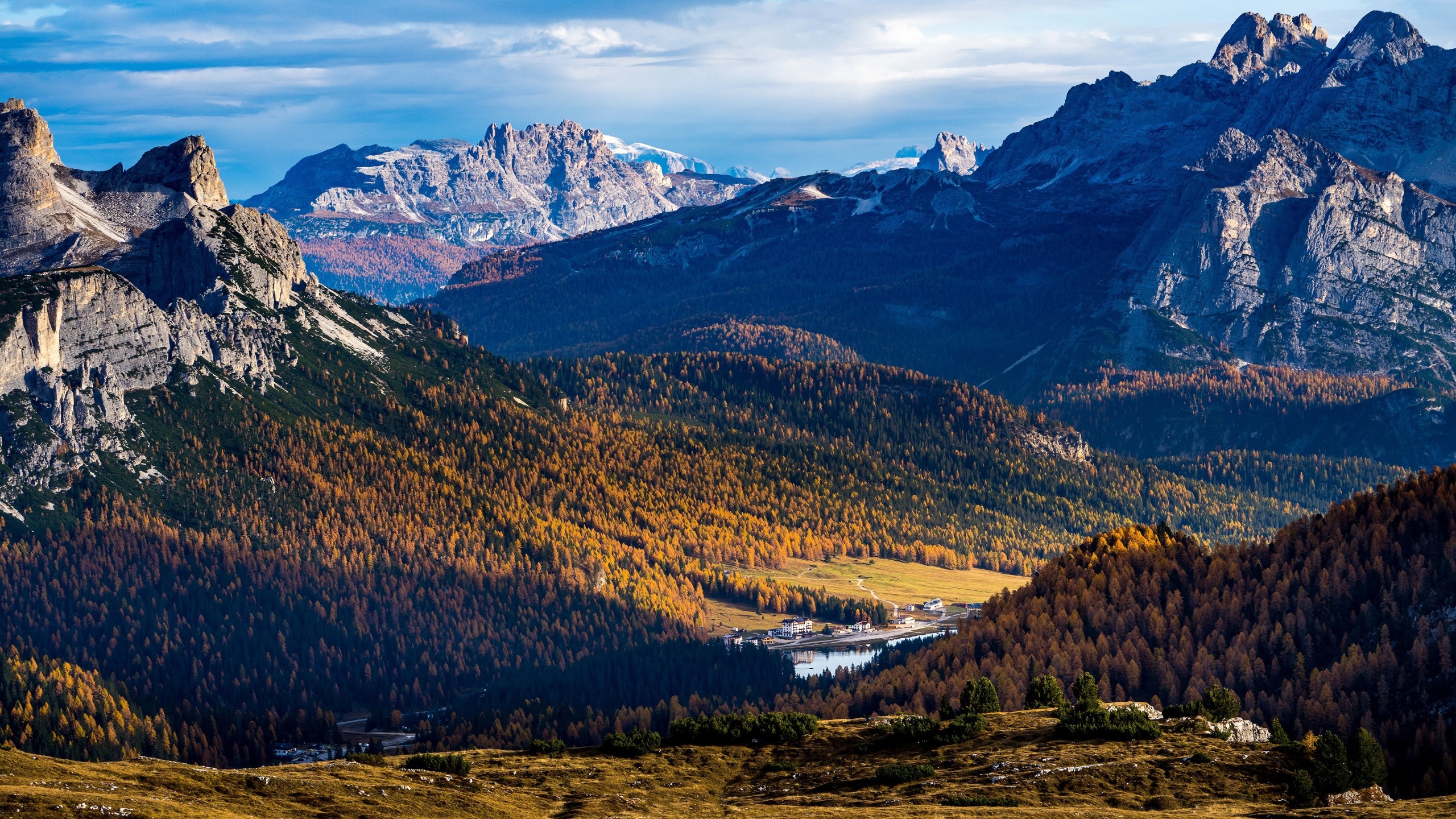
Your Guide to Psilocybin Therapy and Psychedelic Retreats in Colorado
Stories of Guests from MycoMeditations Psilocybin Retreat
By MycoMeditations
This interview series brings you inside the experiences of people who joined us at our psychedelic retreat to heal with psilocybin therapy.
We asked Beverly—a woman in her 60’s from Florida—six questions to understand what a typical day was like for her before MycoMeditations, how she made the decision to try psilocybin therapy, the key moments of her transformative week, and more.
. . . . .
What was a typical day like for you before attending the retreat?
Looking back, what moment or event signaled to you that you needed a change?
Can you describe an eye-opening moment you experienced during the retreat?
Was there a particular session or moment that stands out as pivotal to your experience?
How has your self-esteem or self-image changed since completing the retreat?
Do your due diligence but don’t overthink it, just do it.
. . . . .
